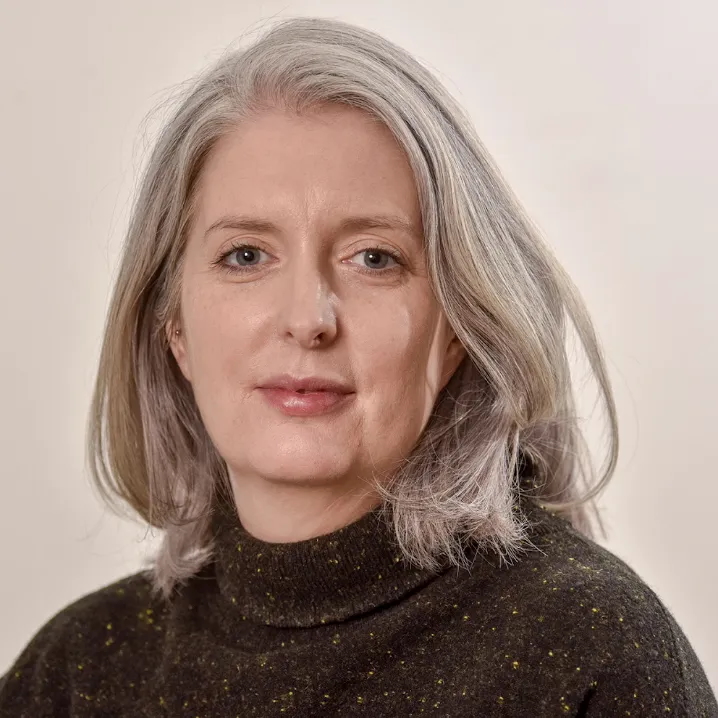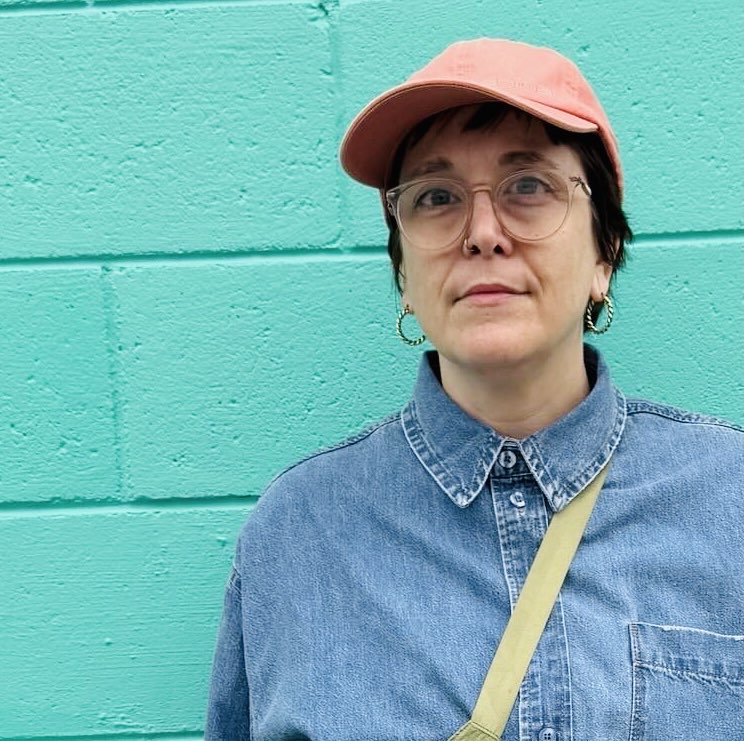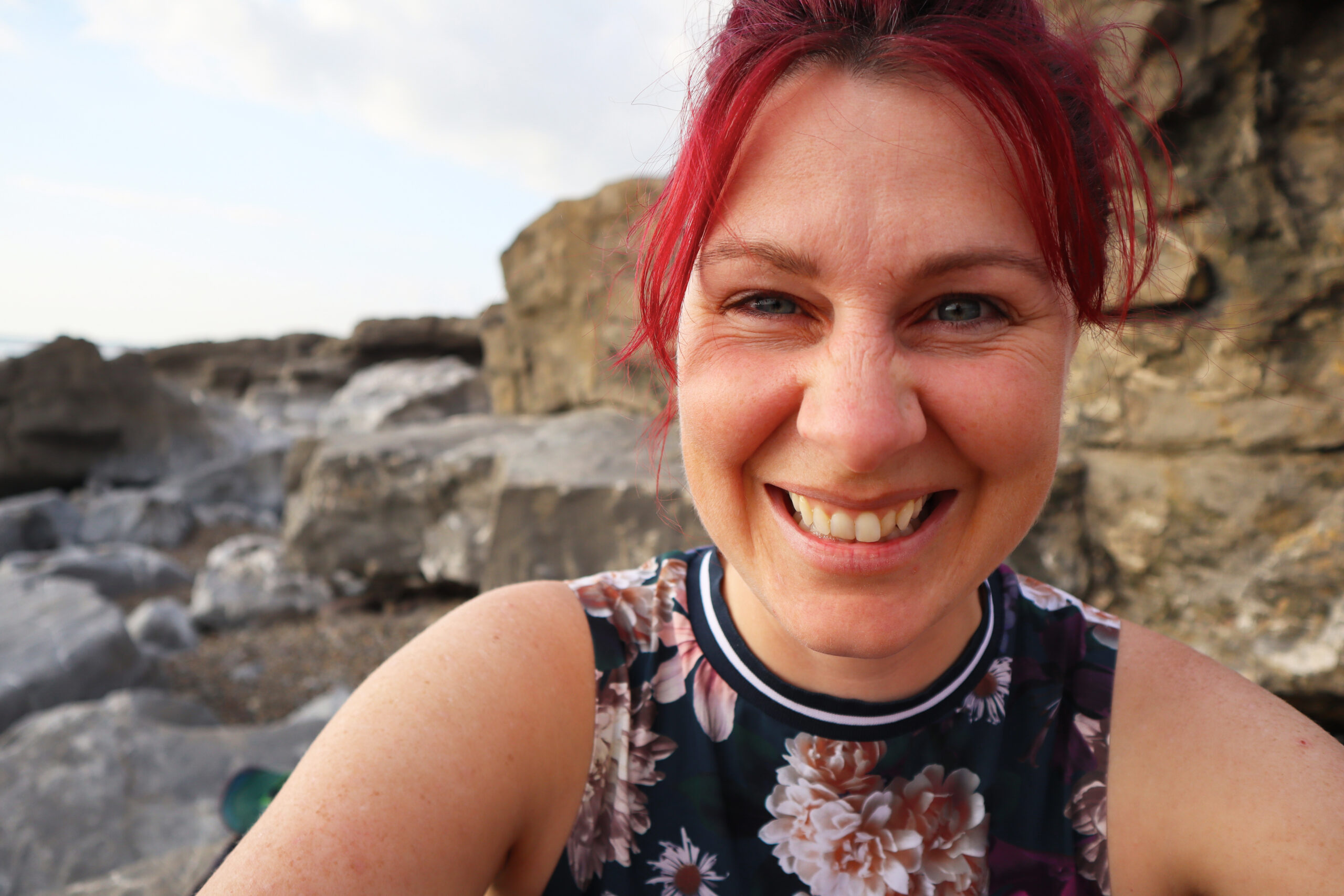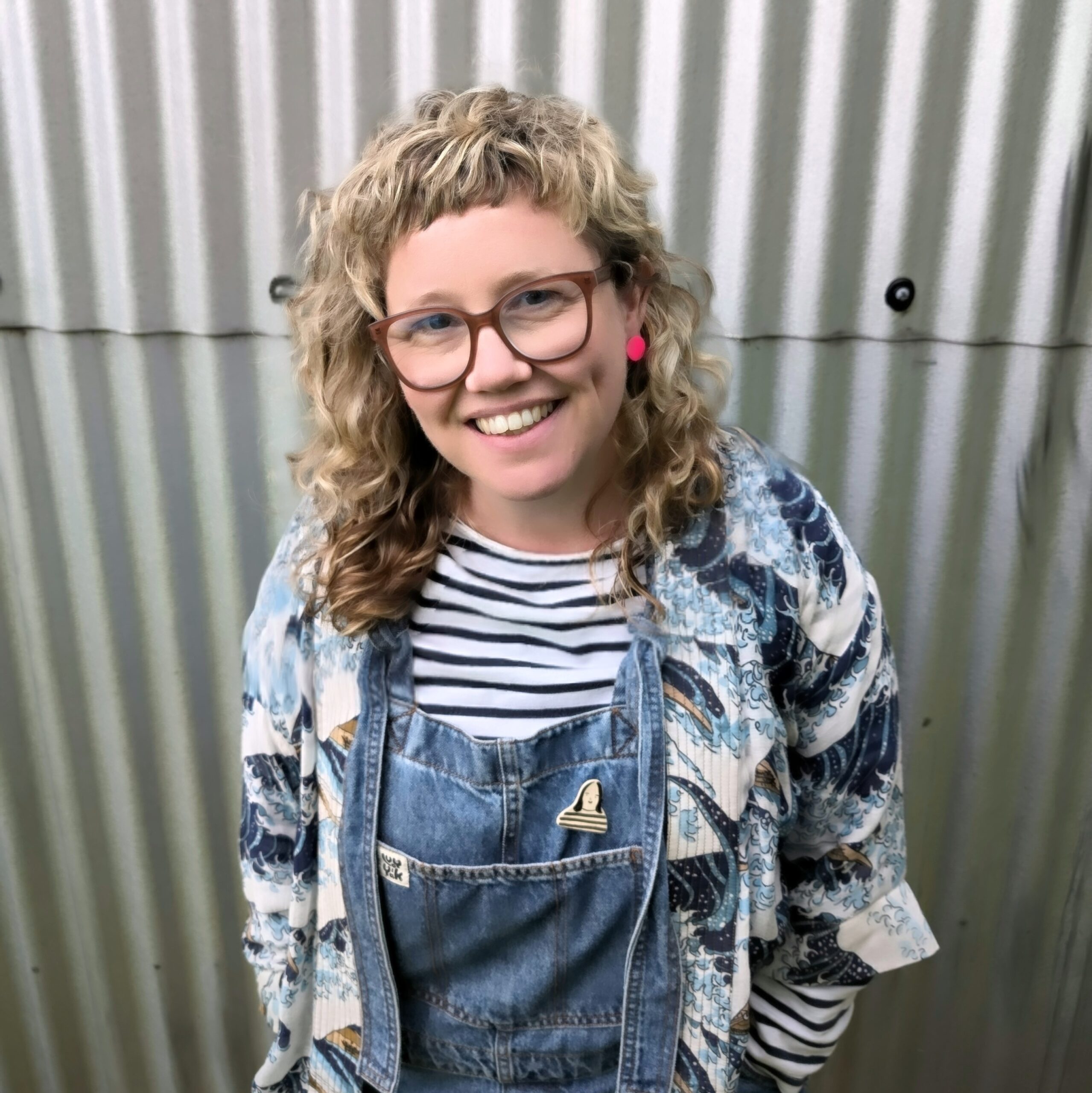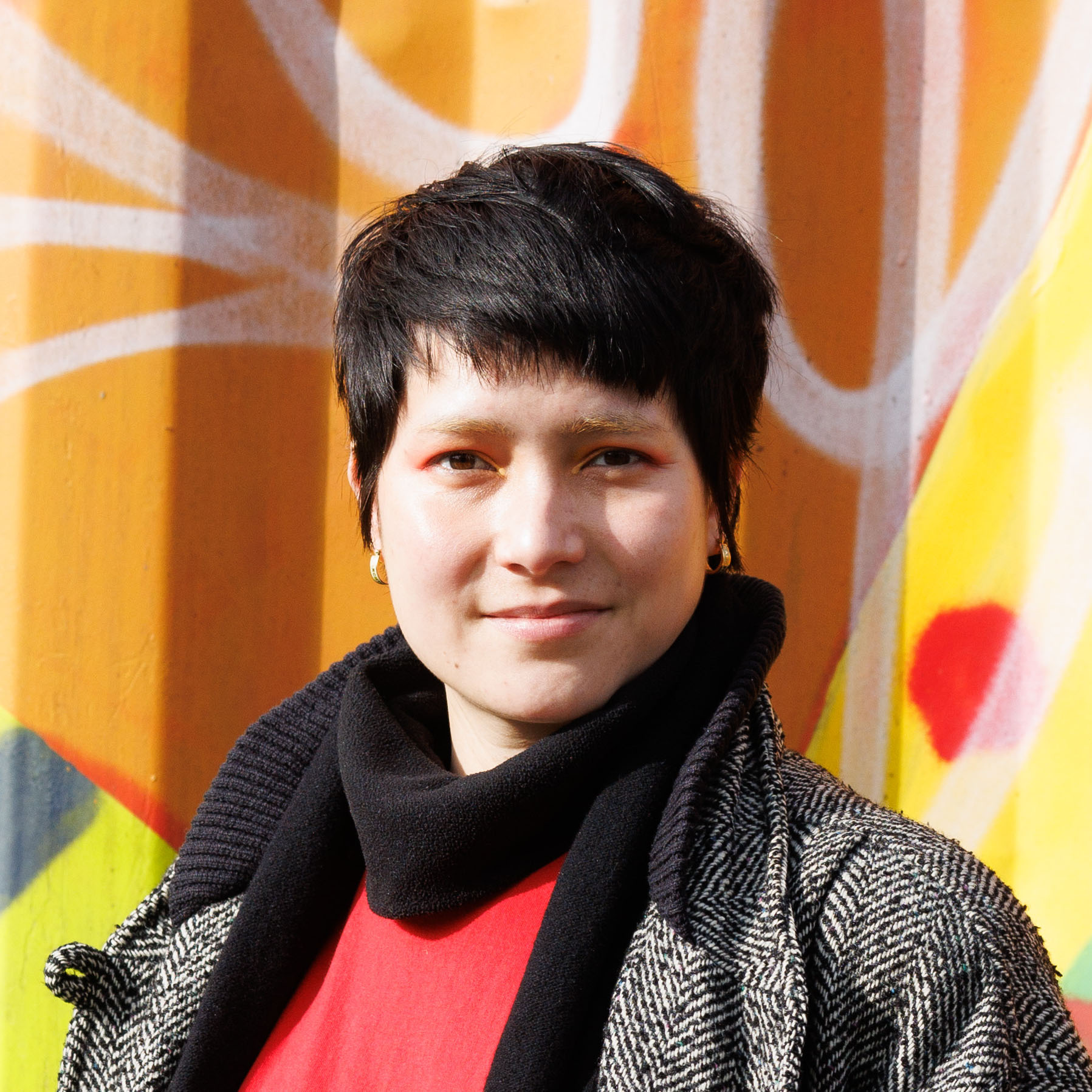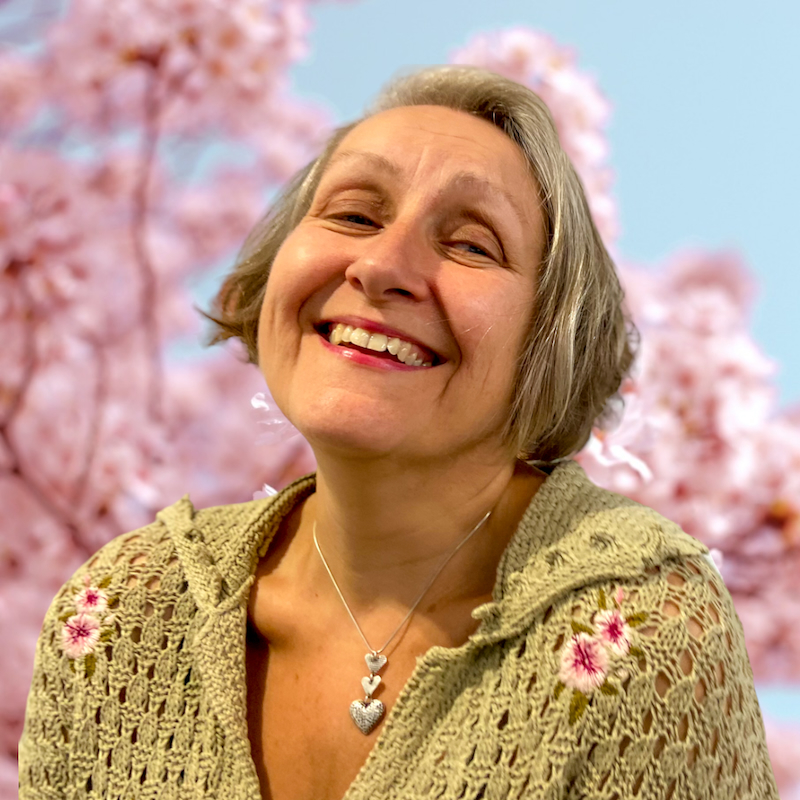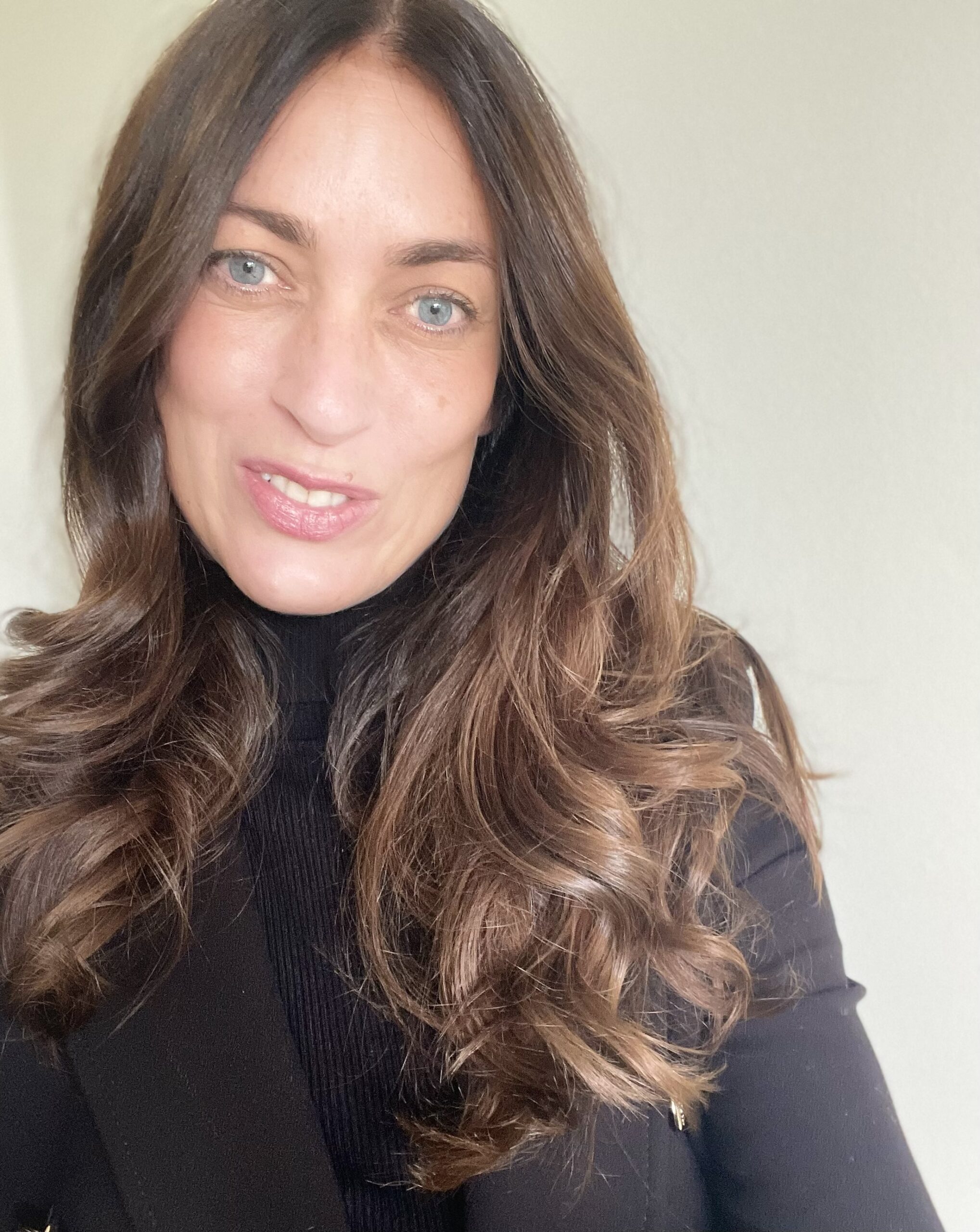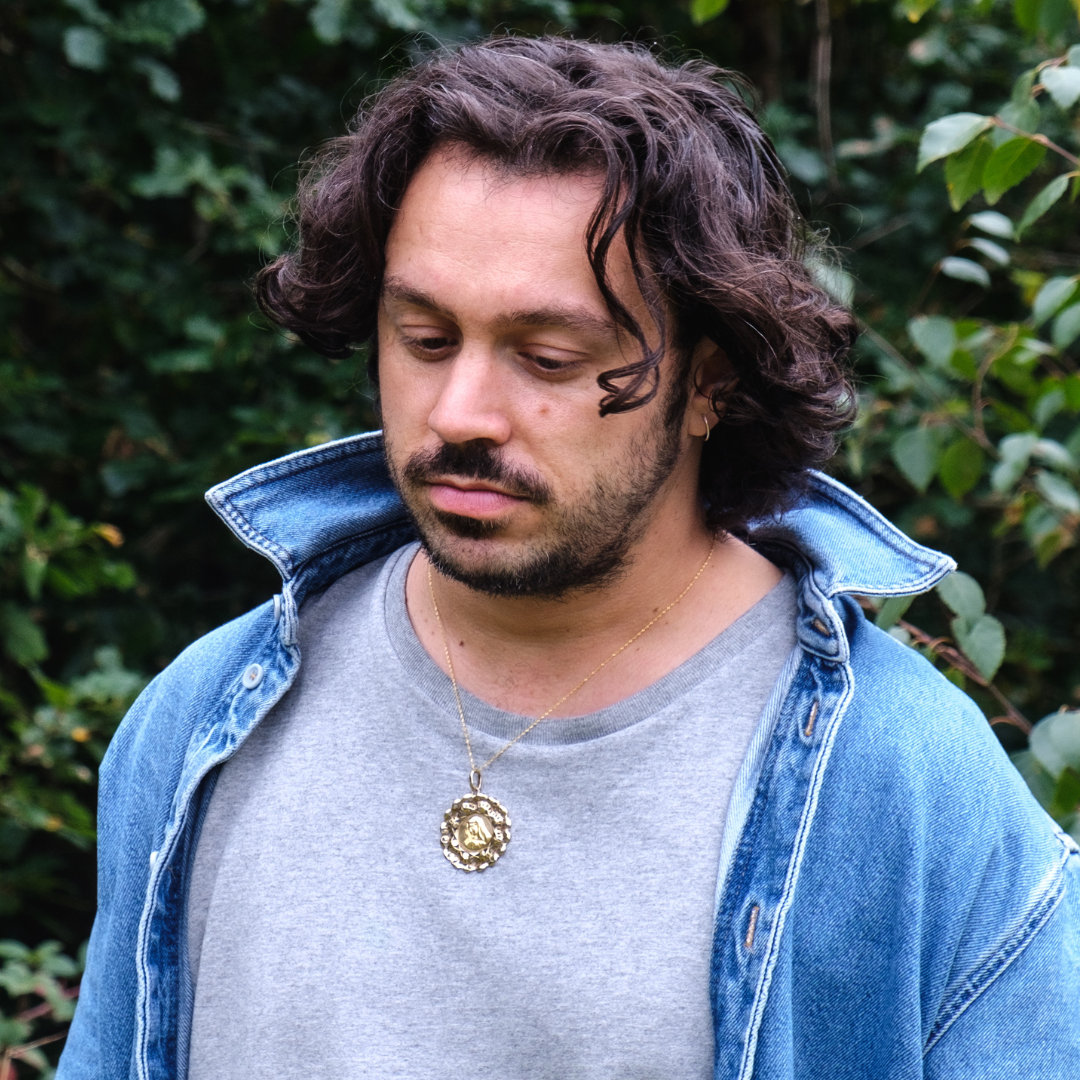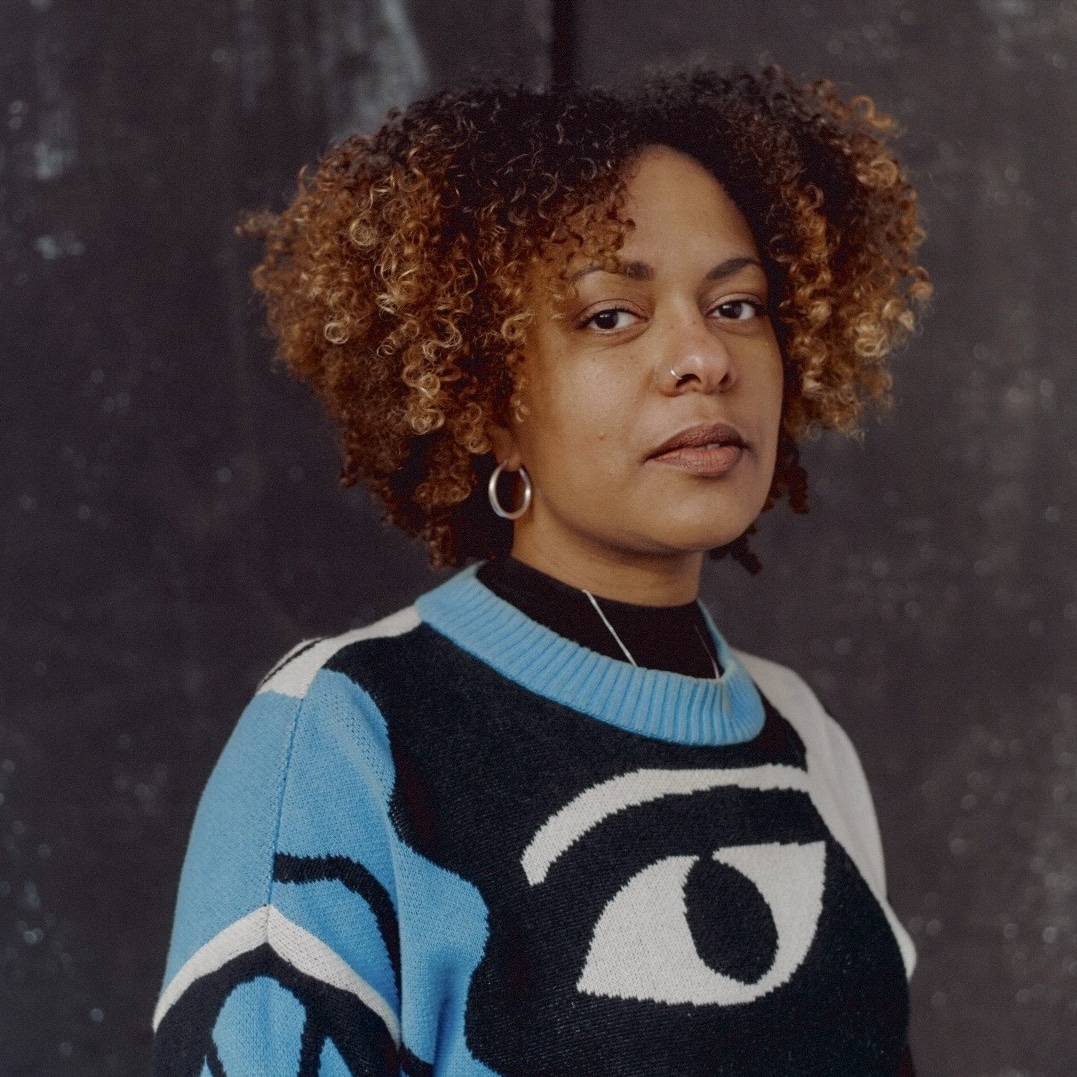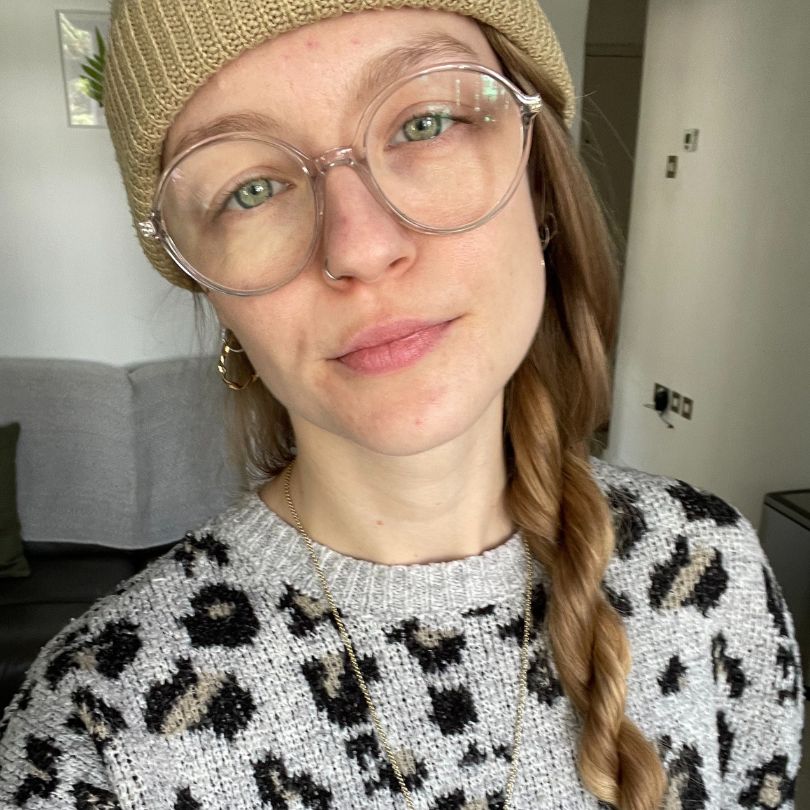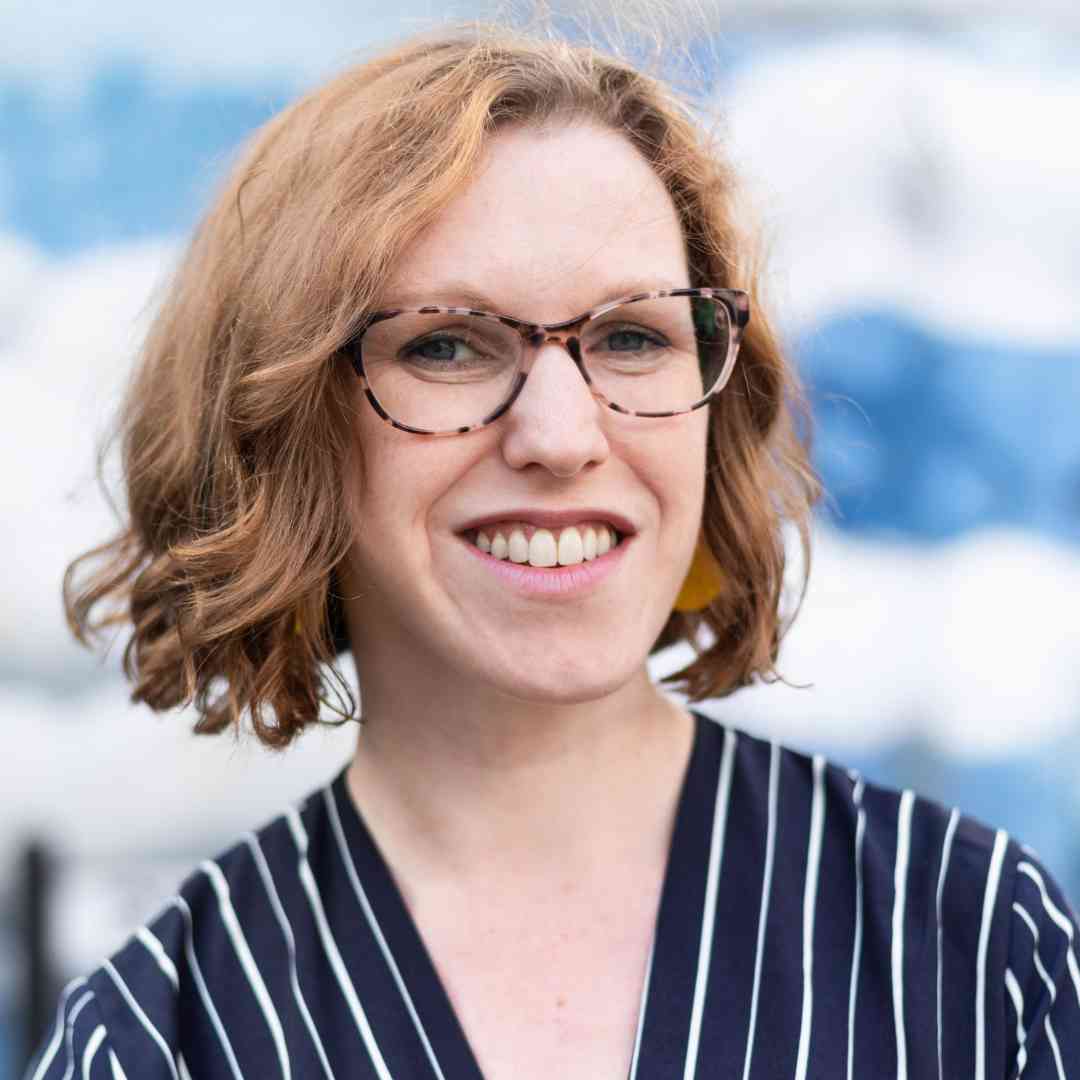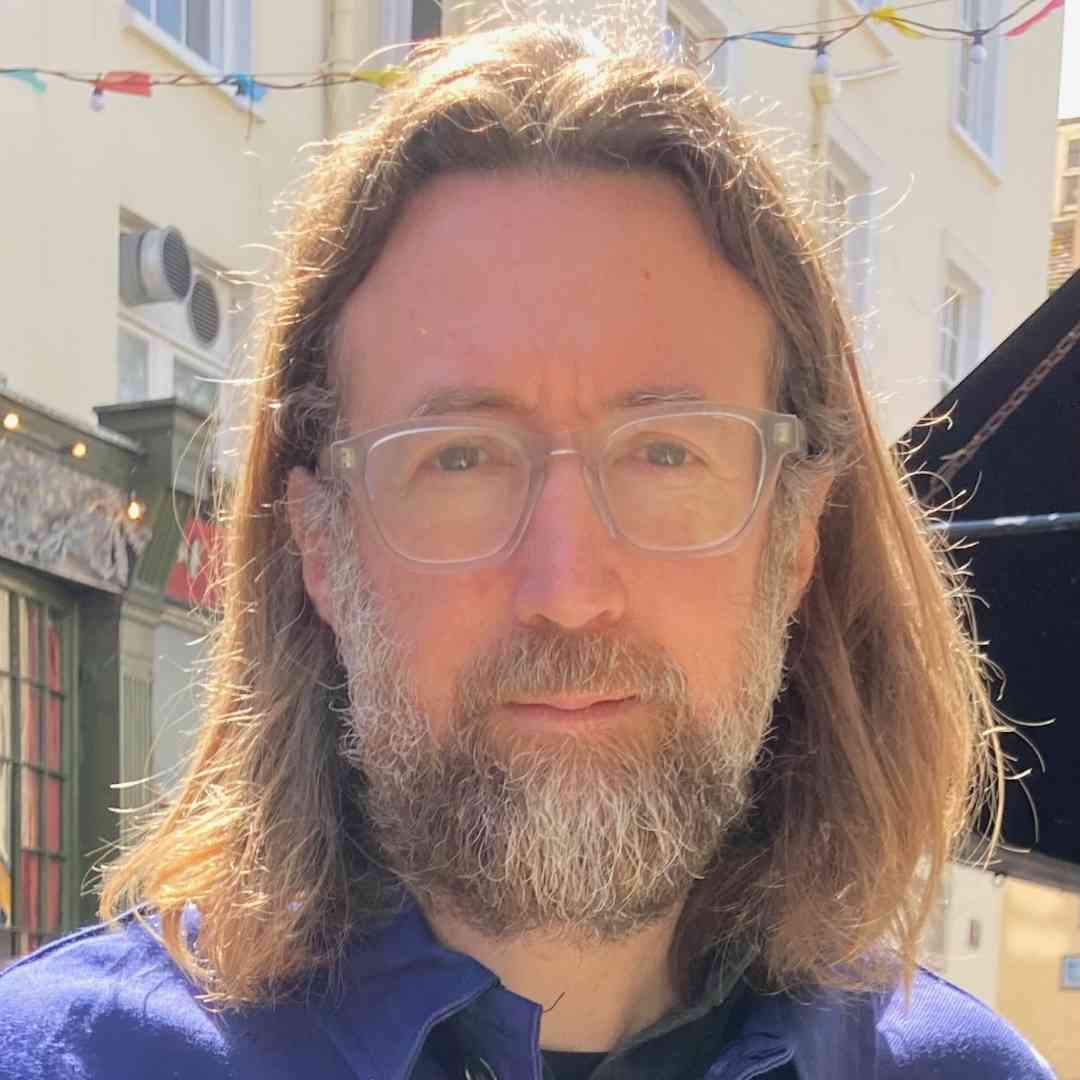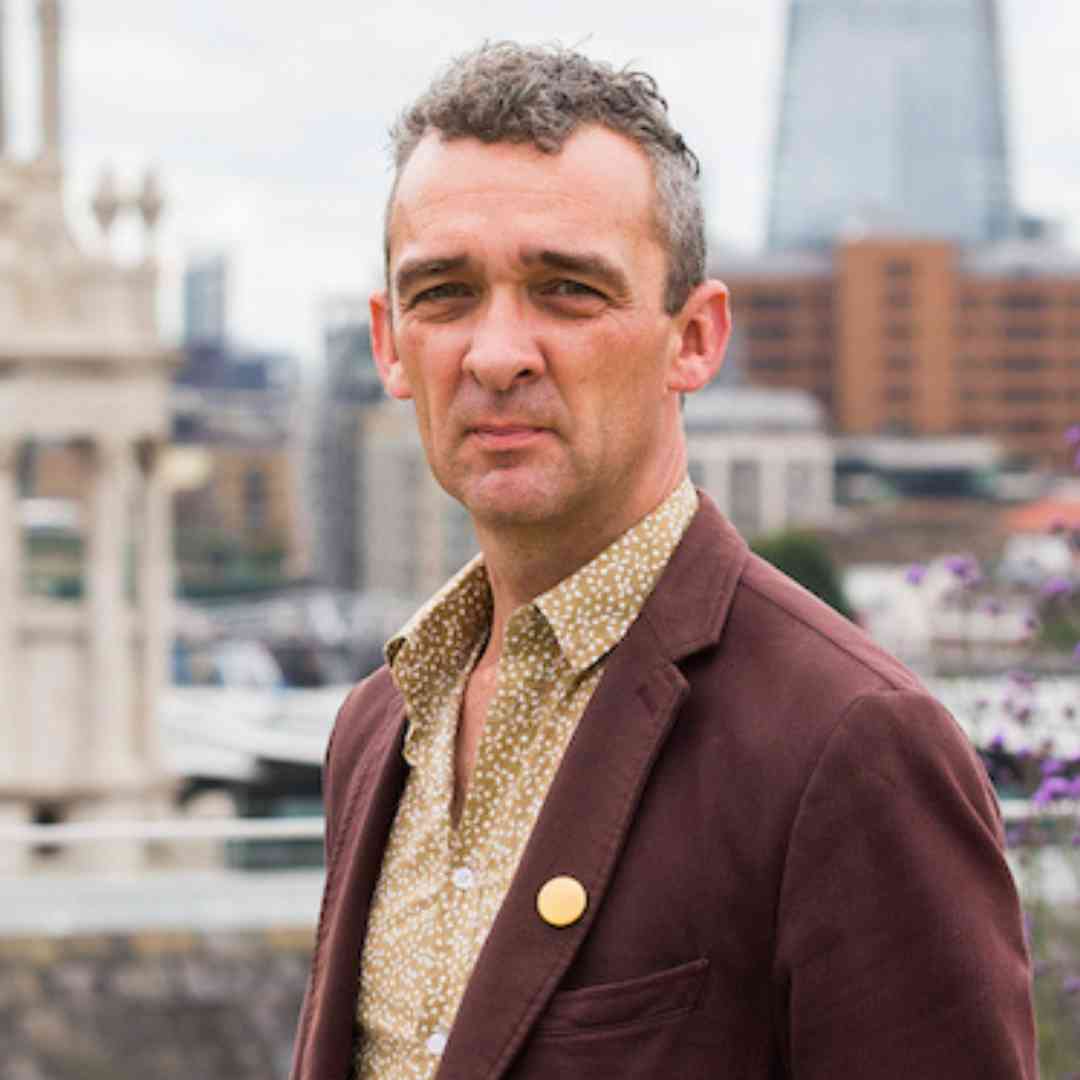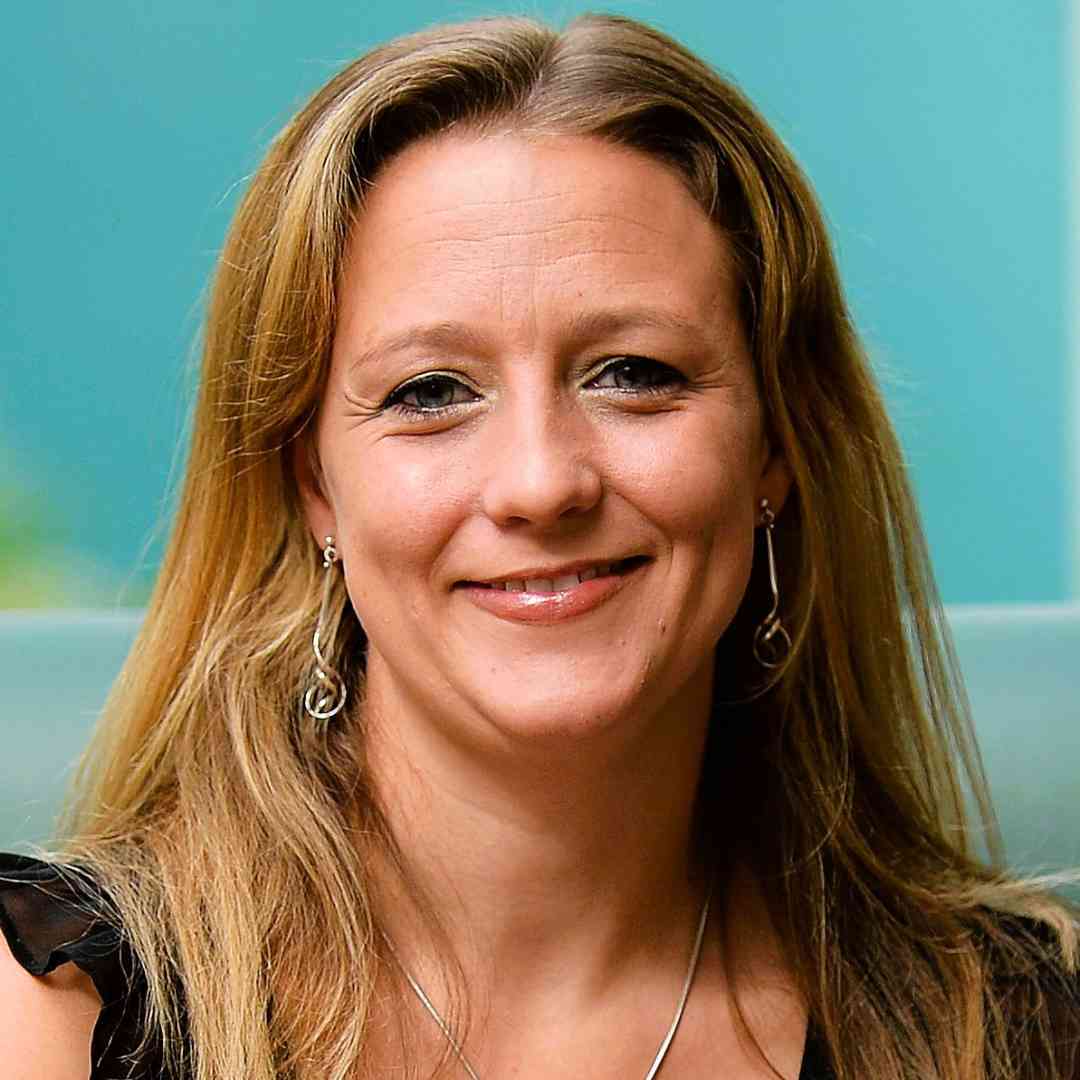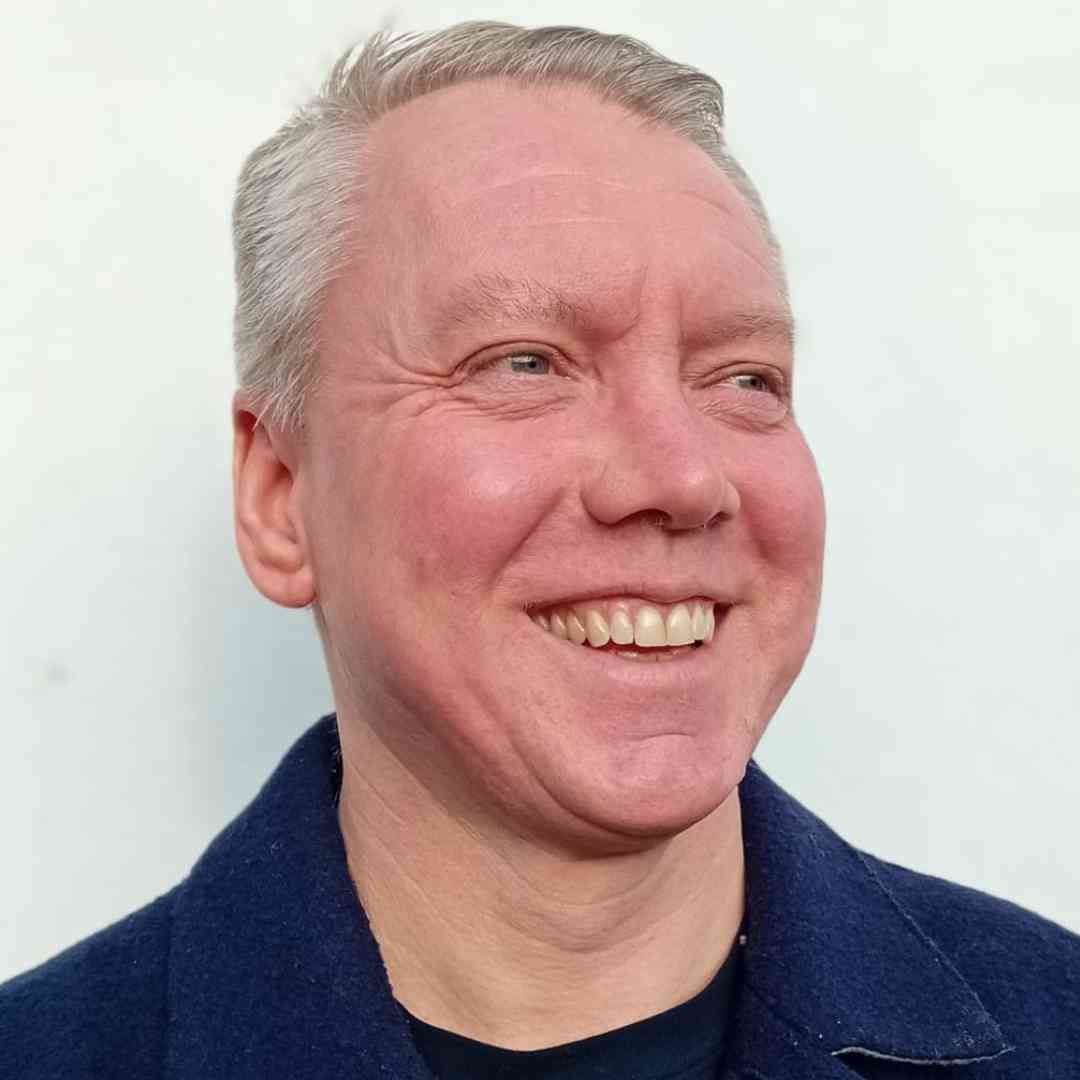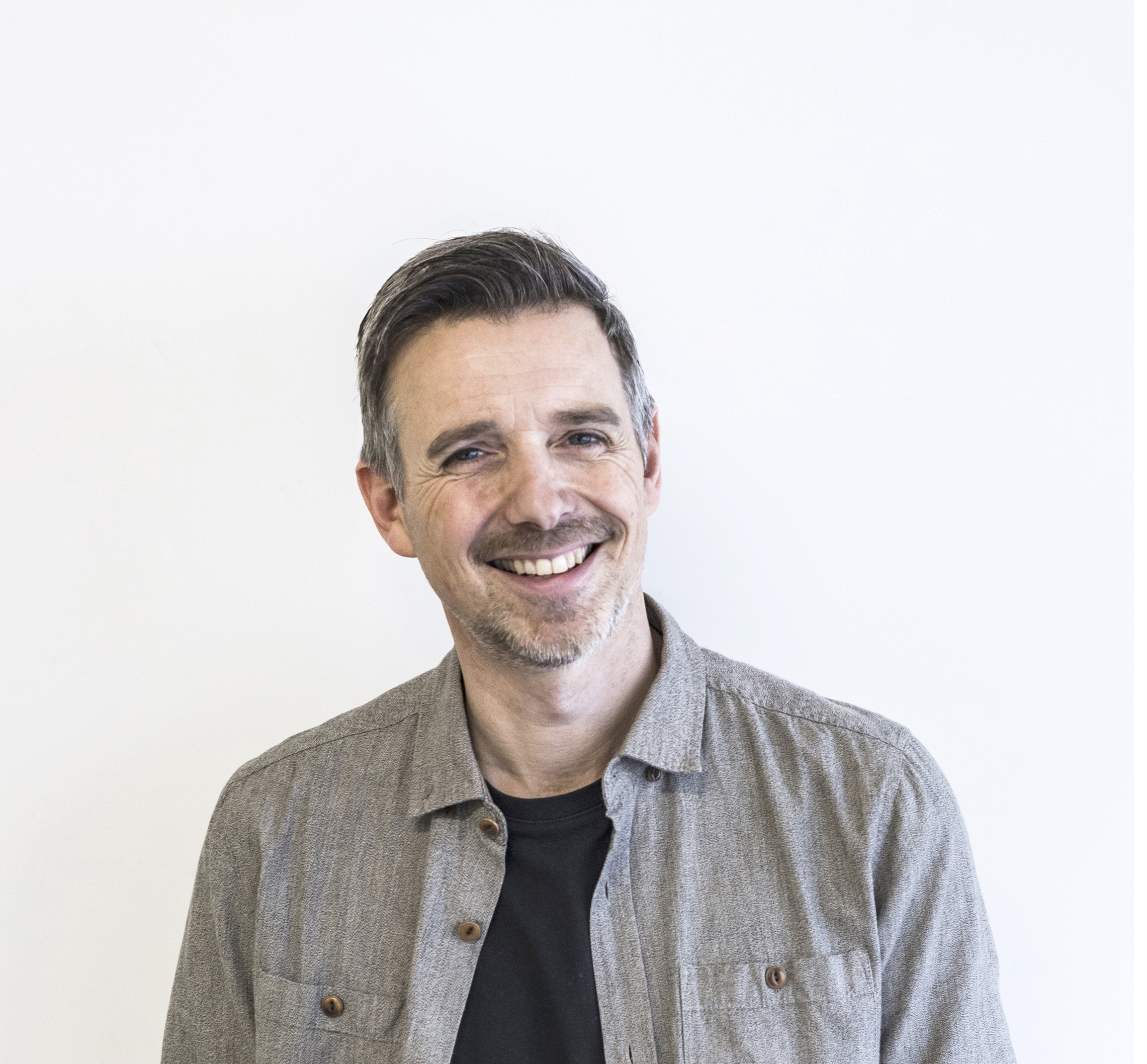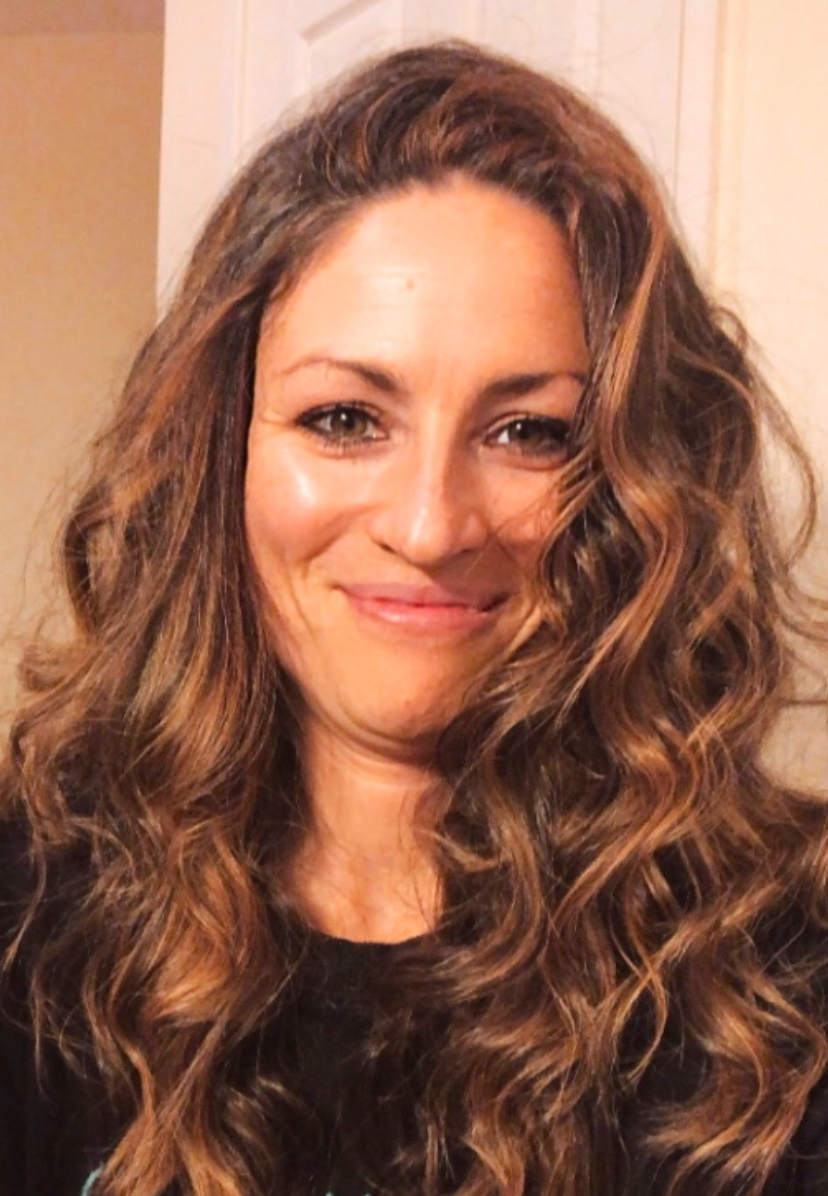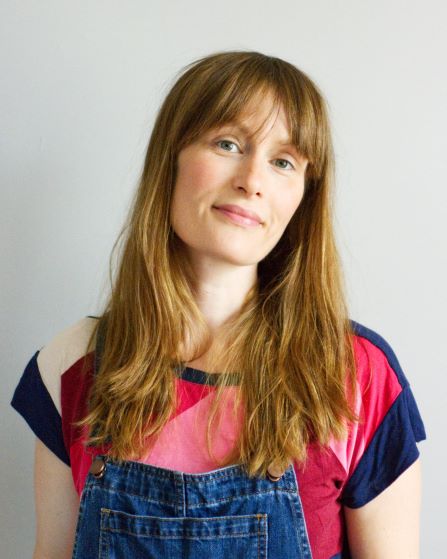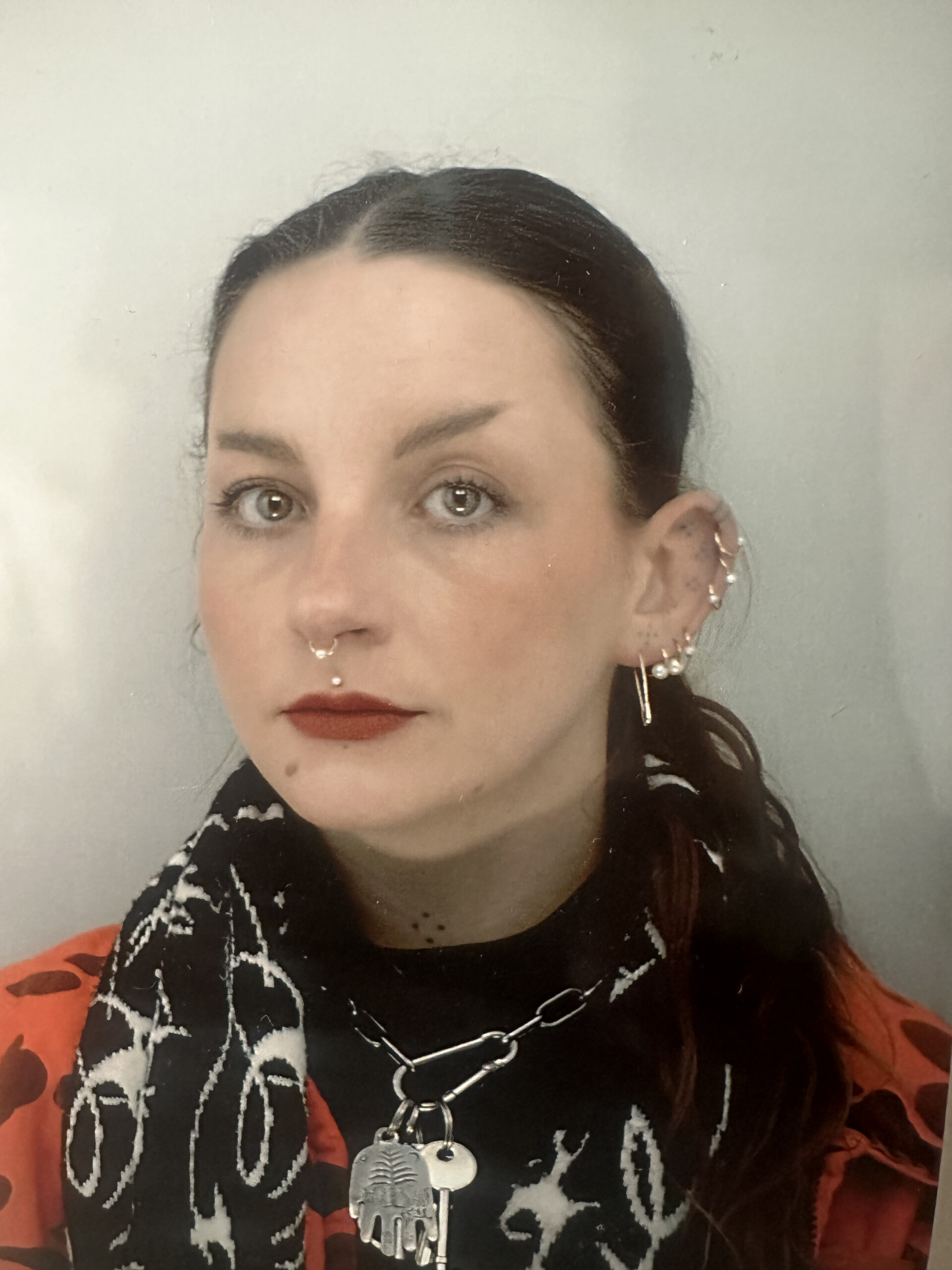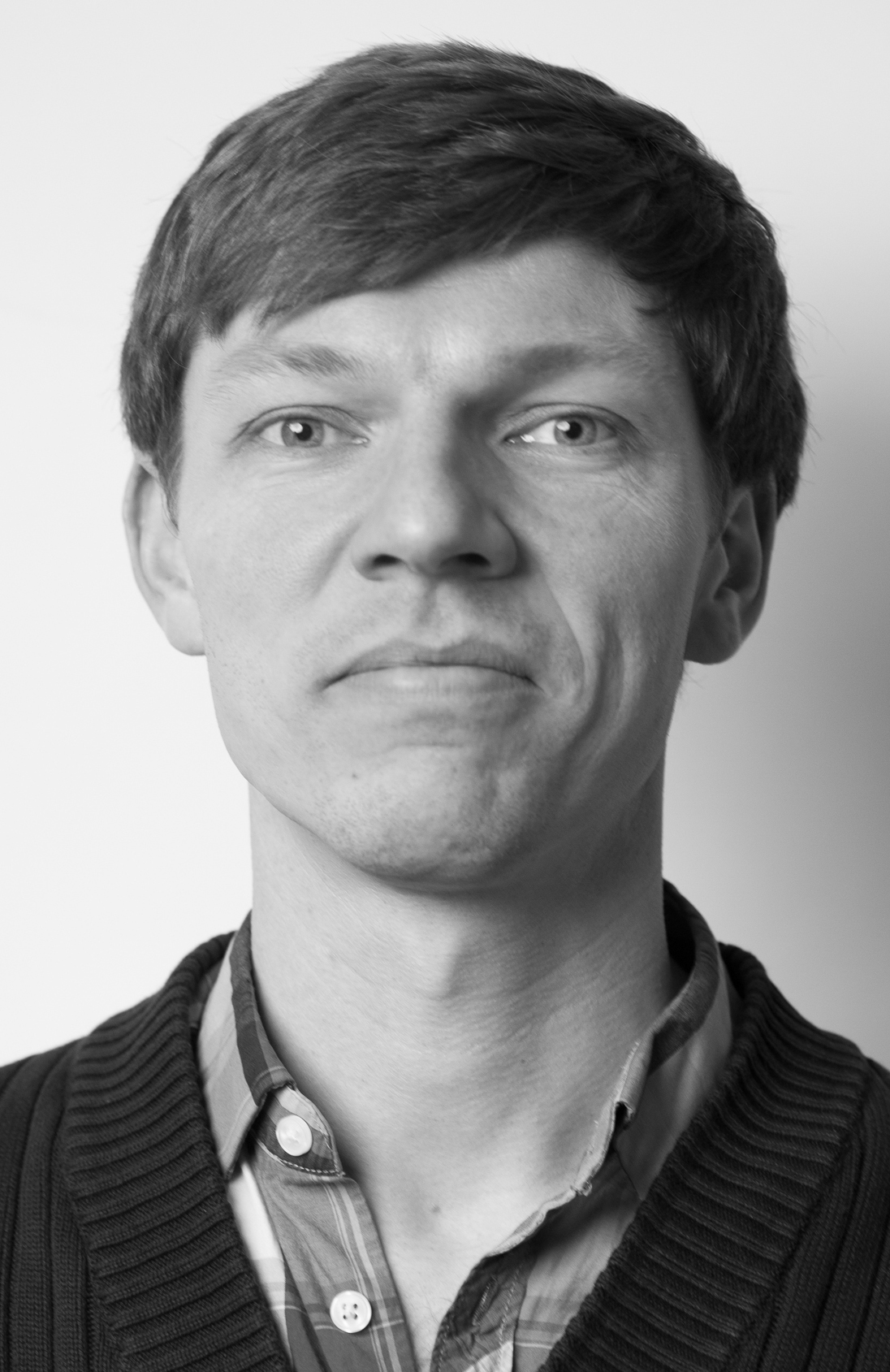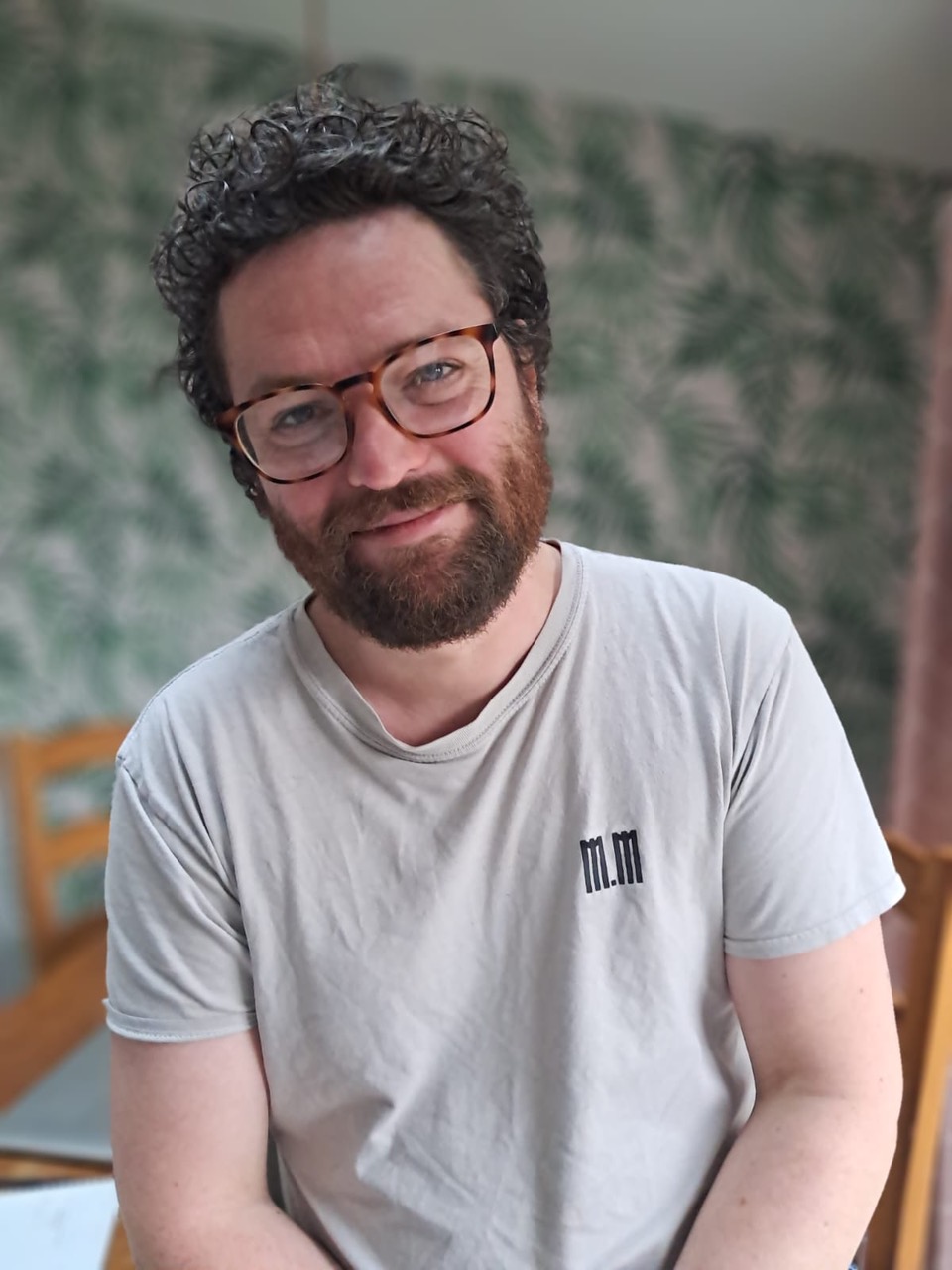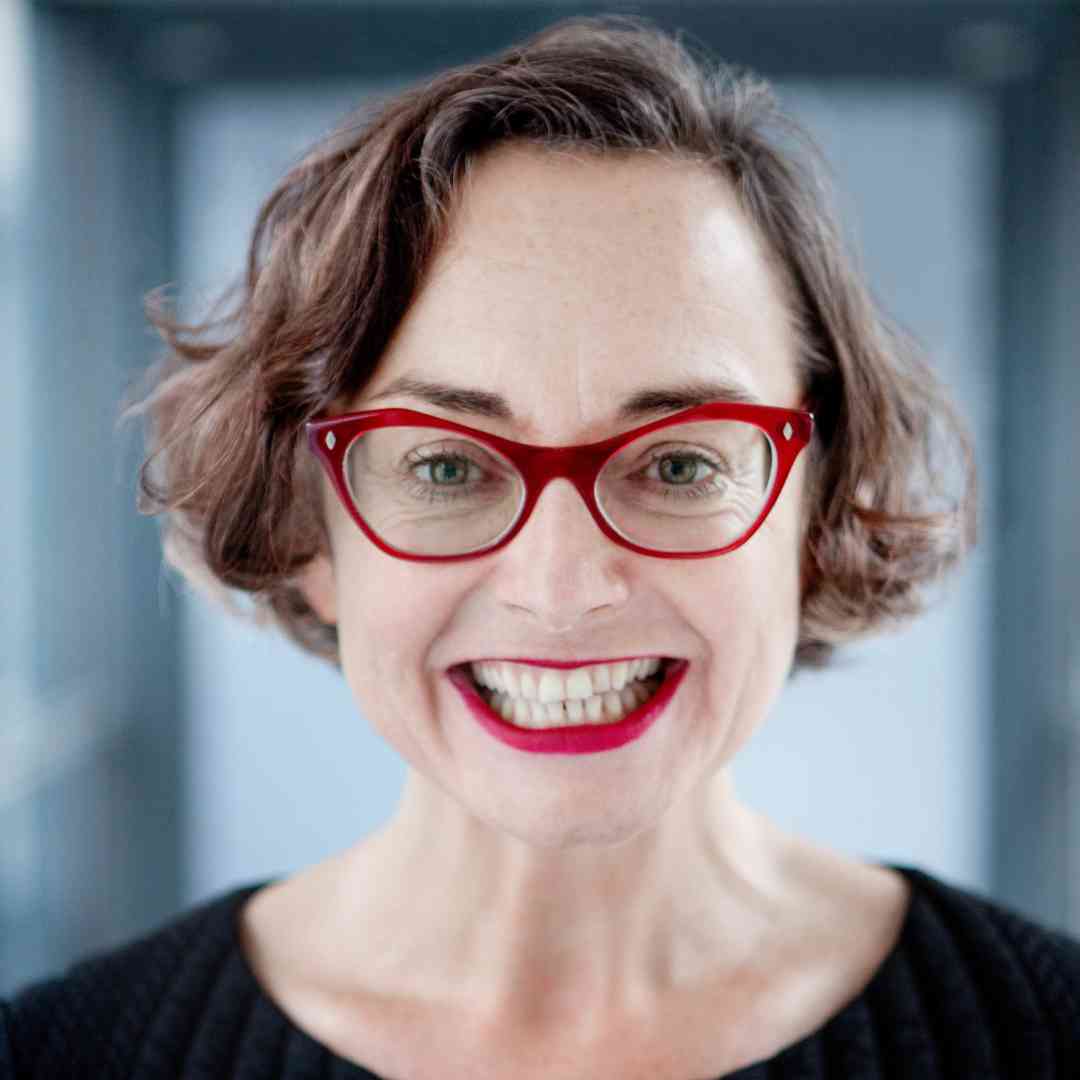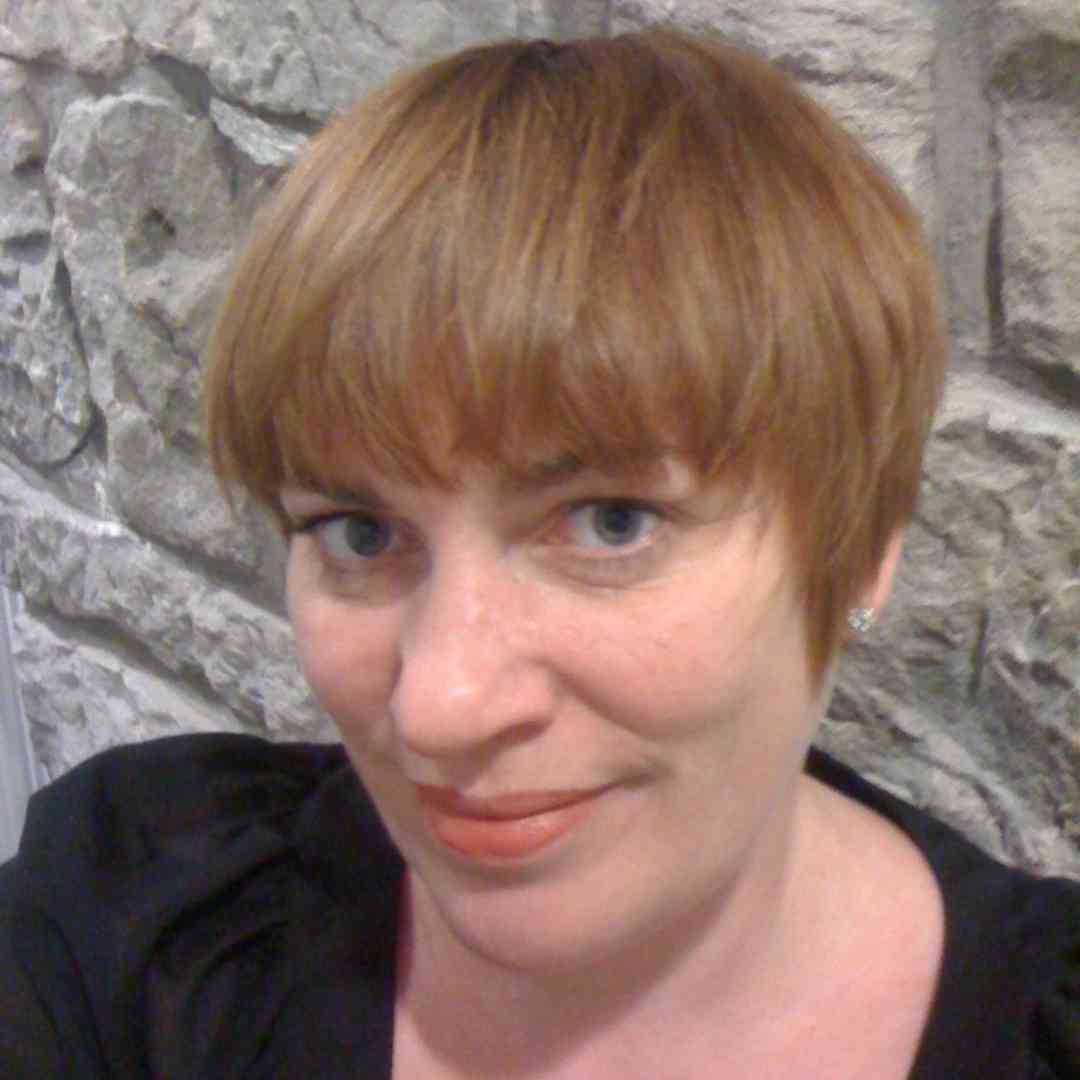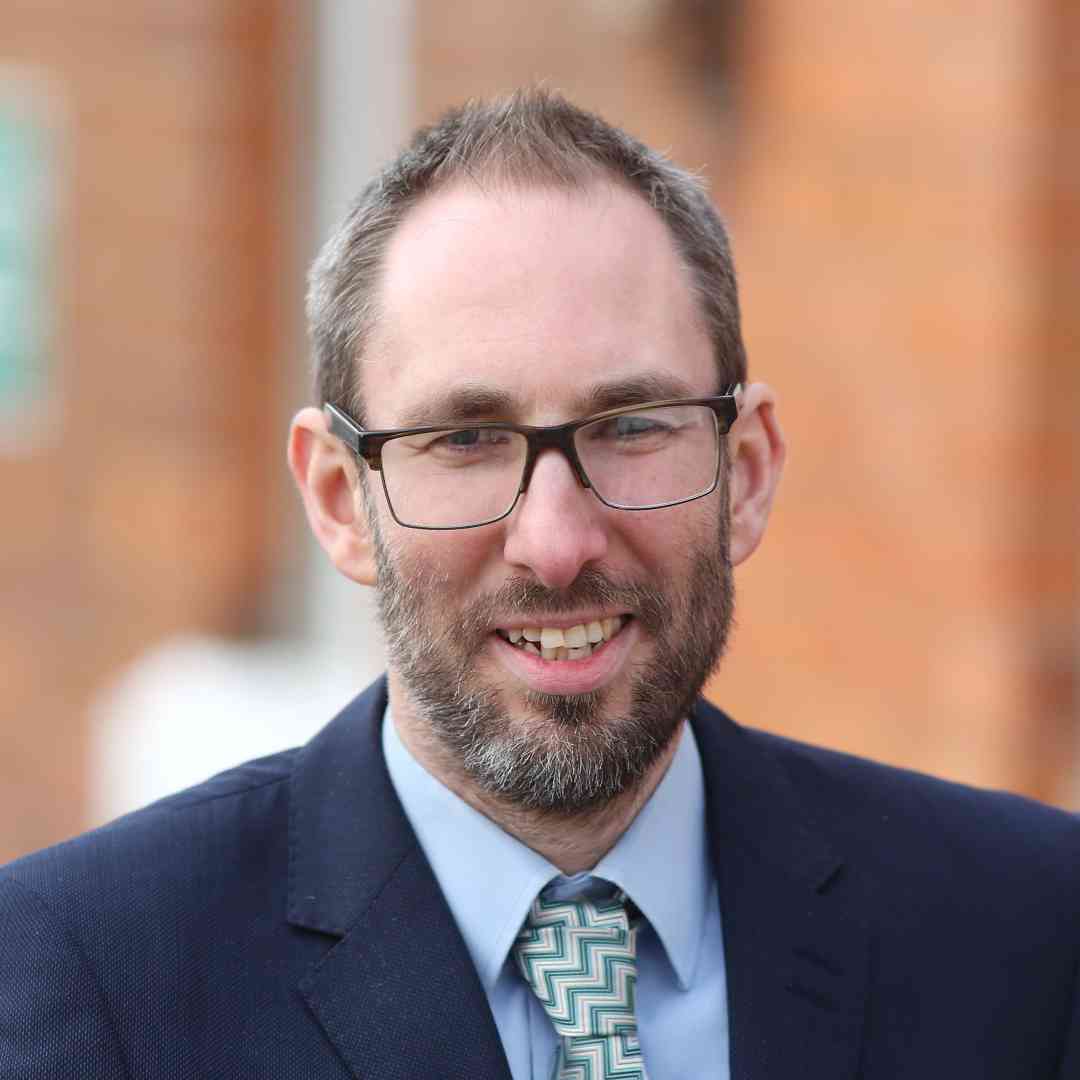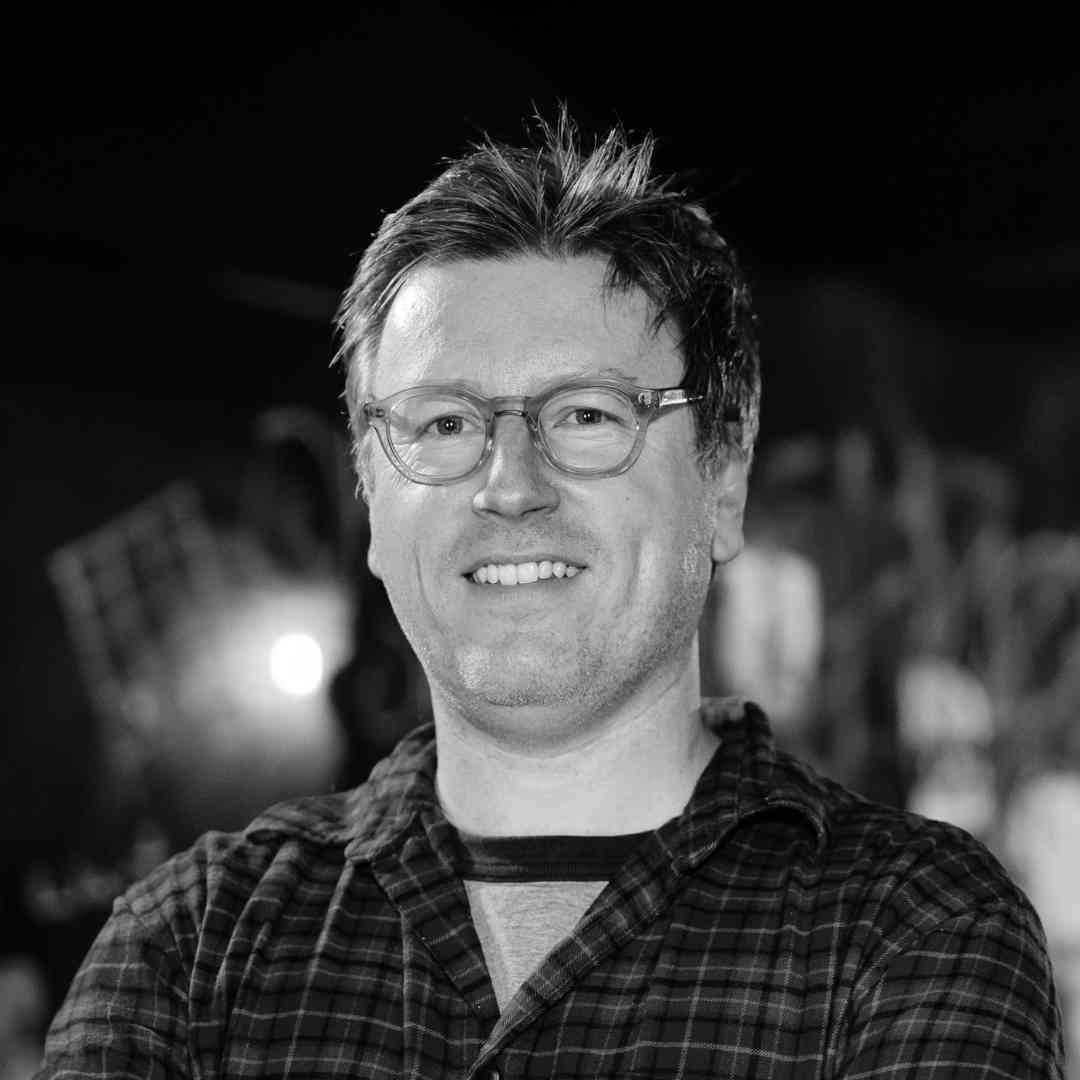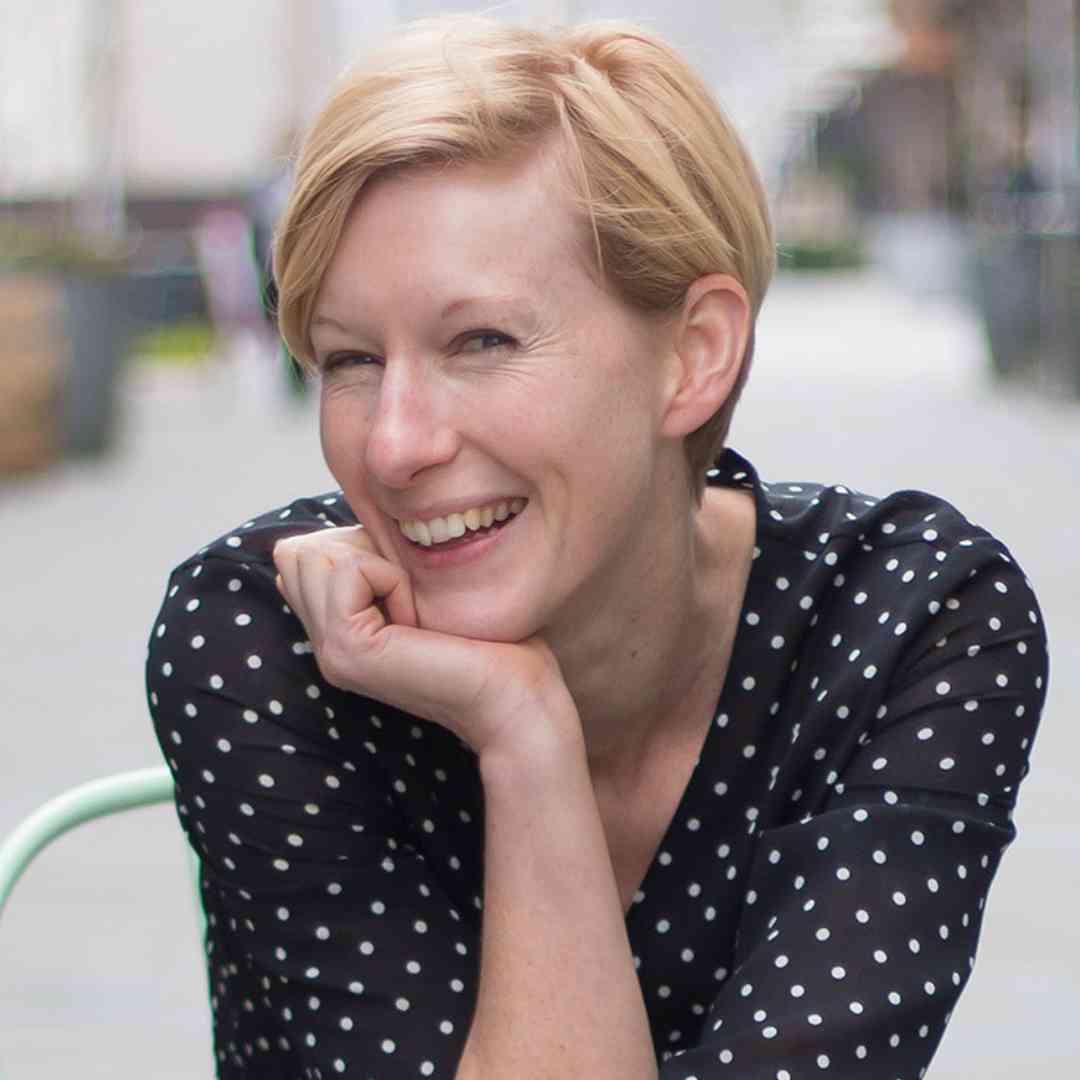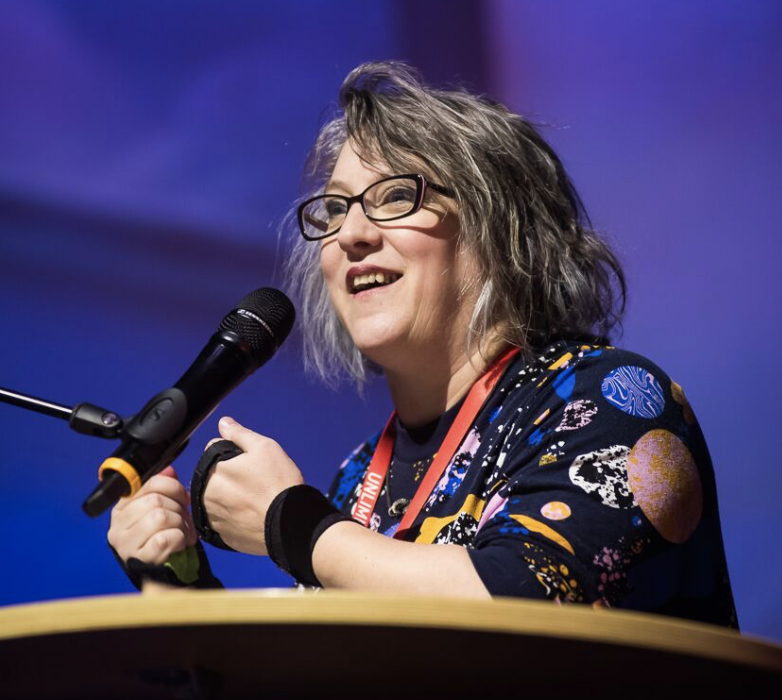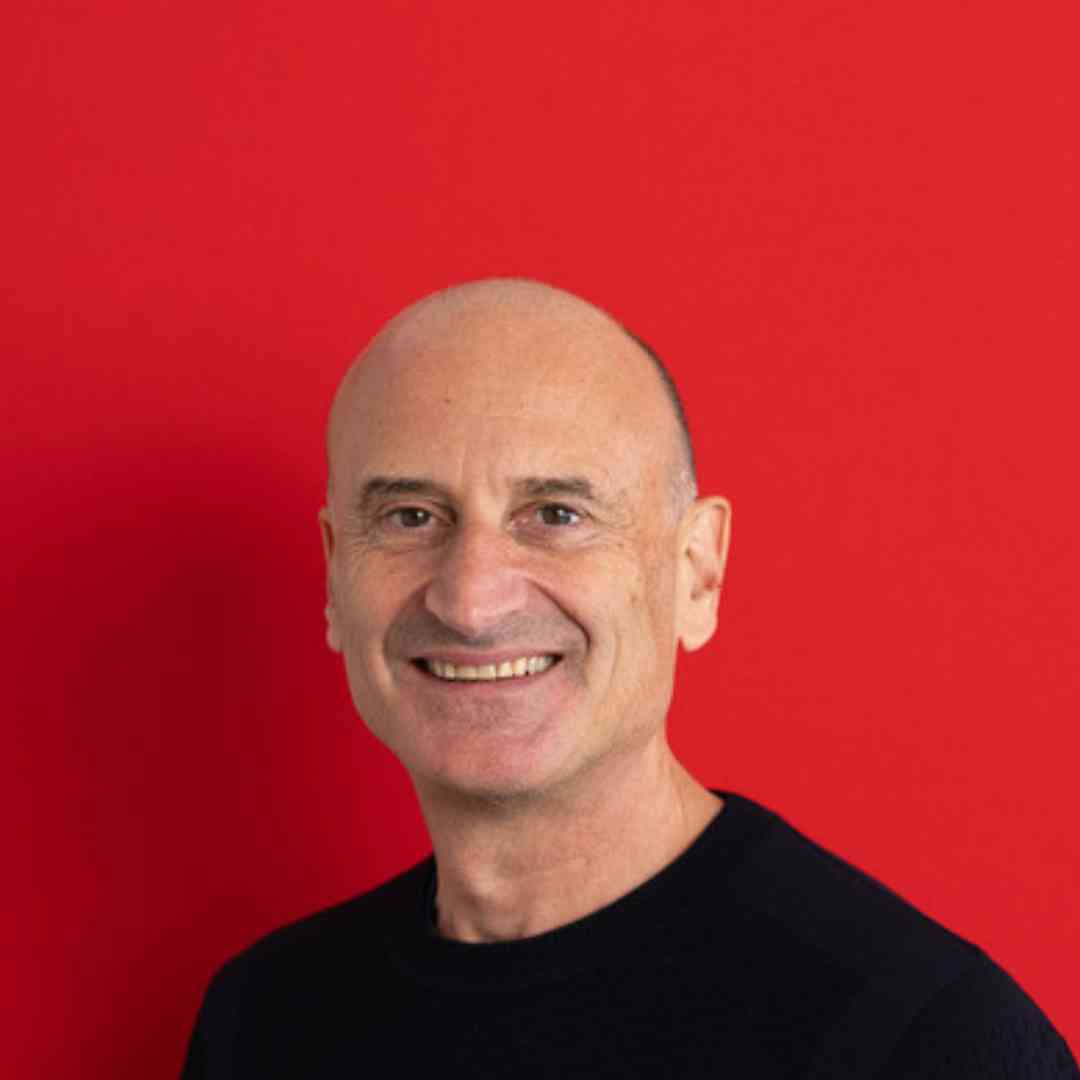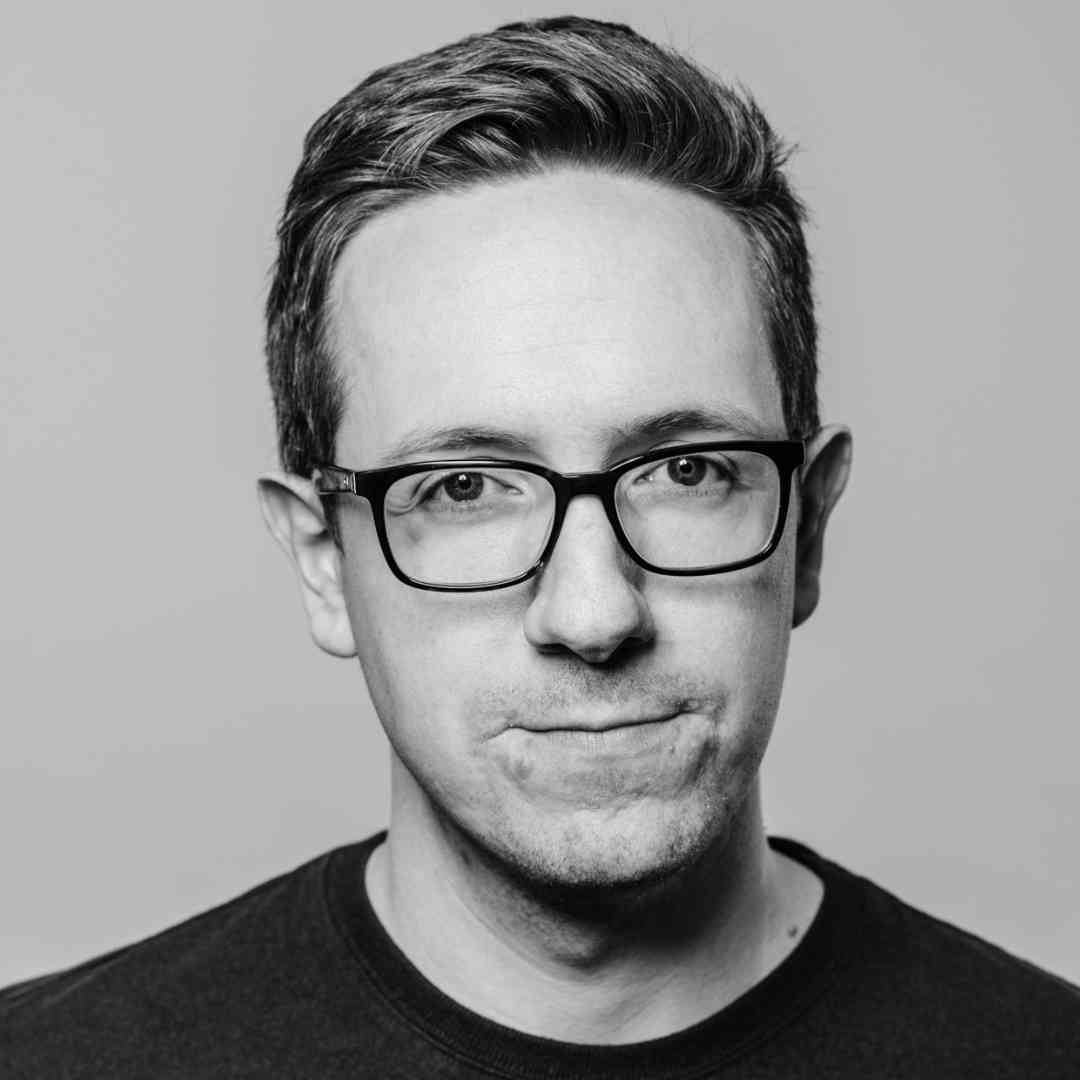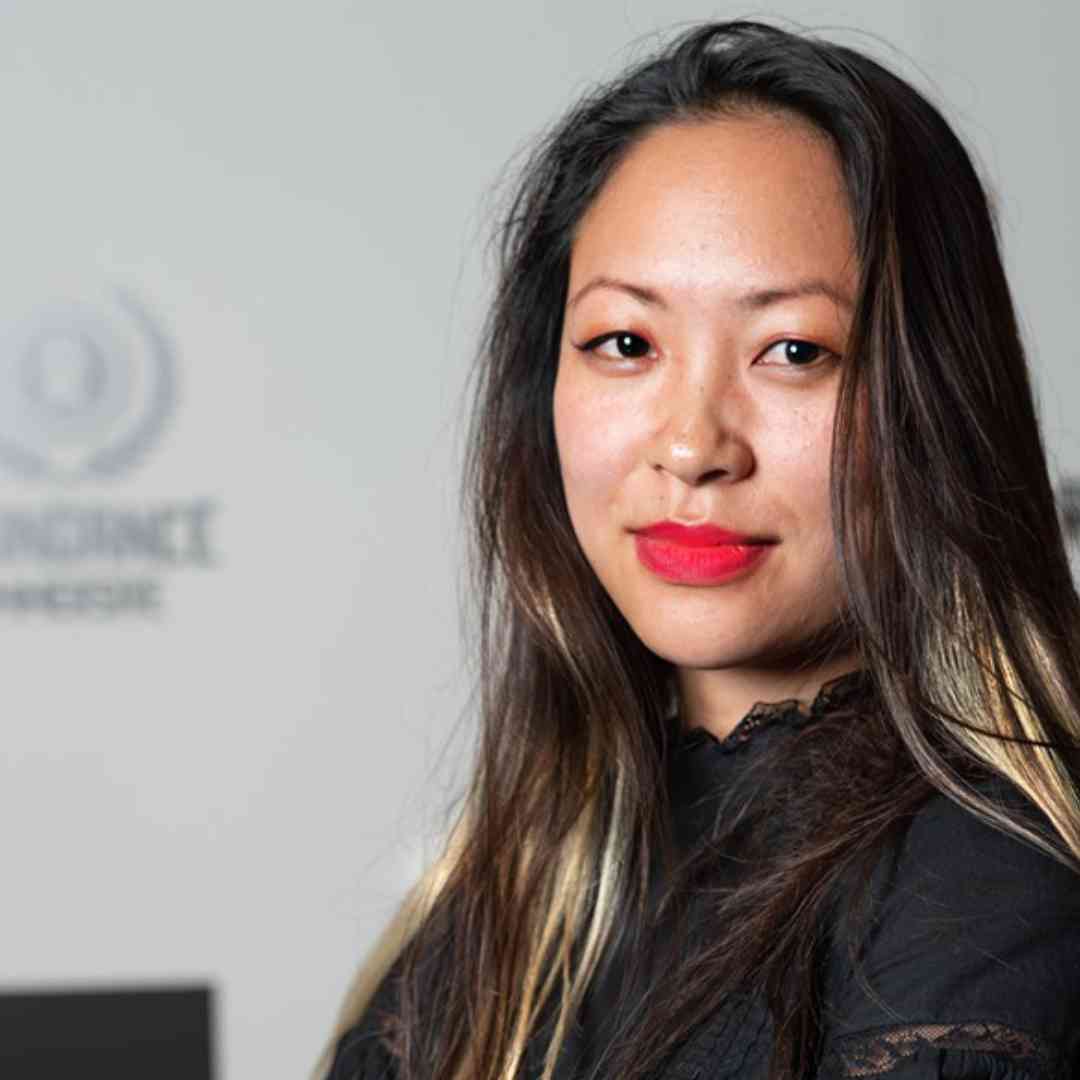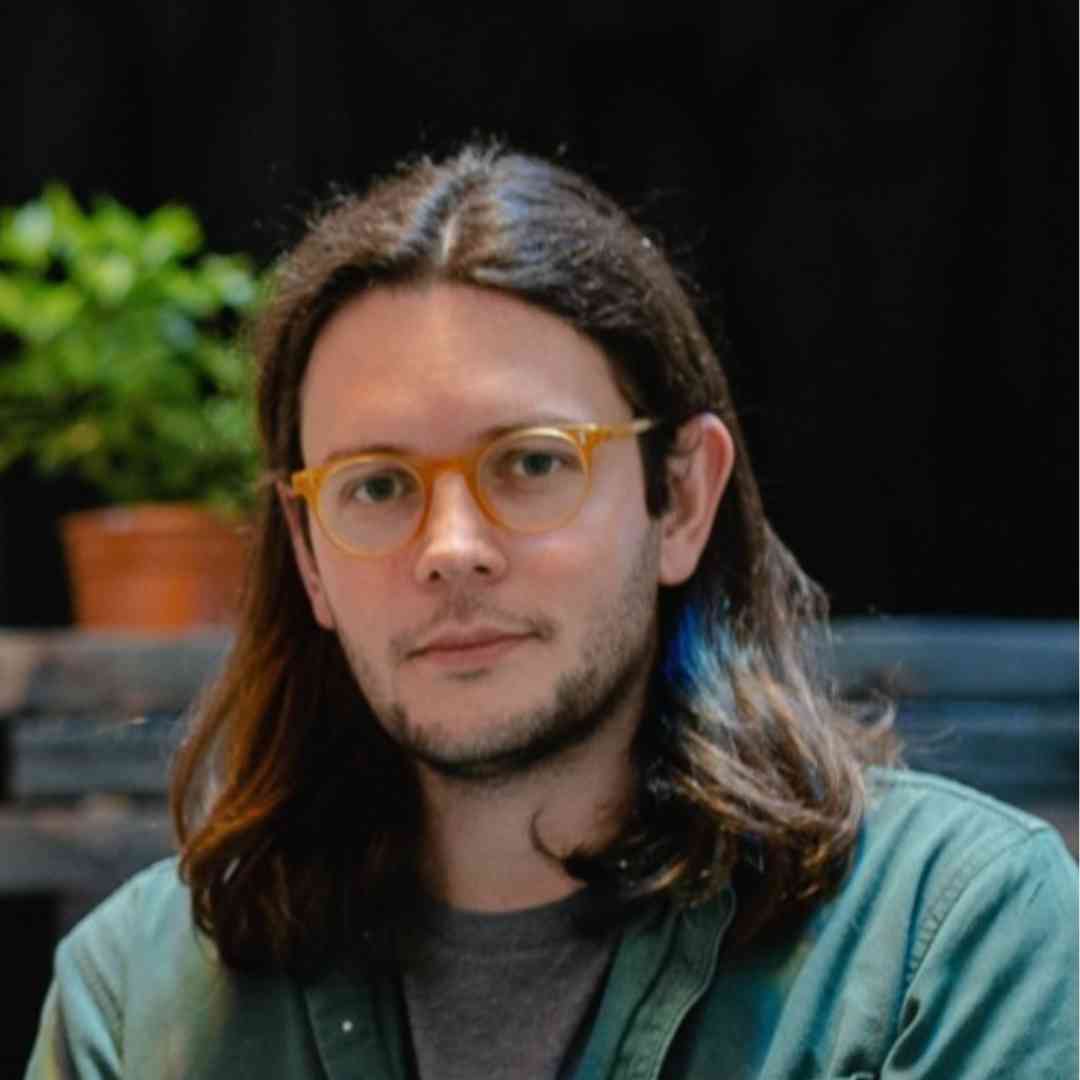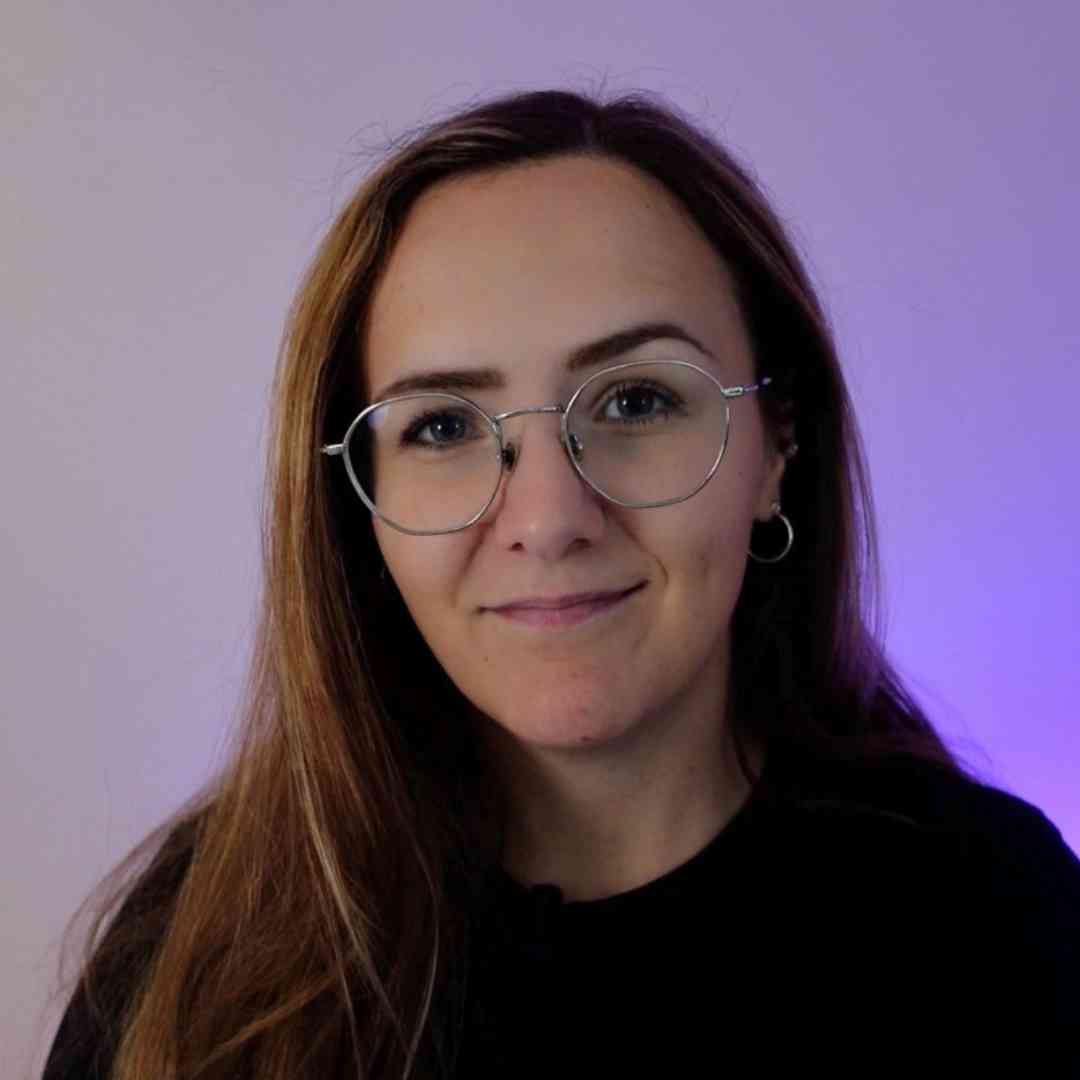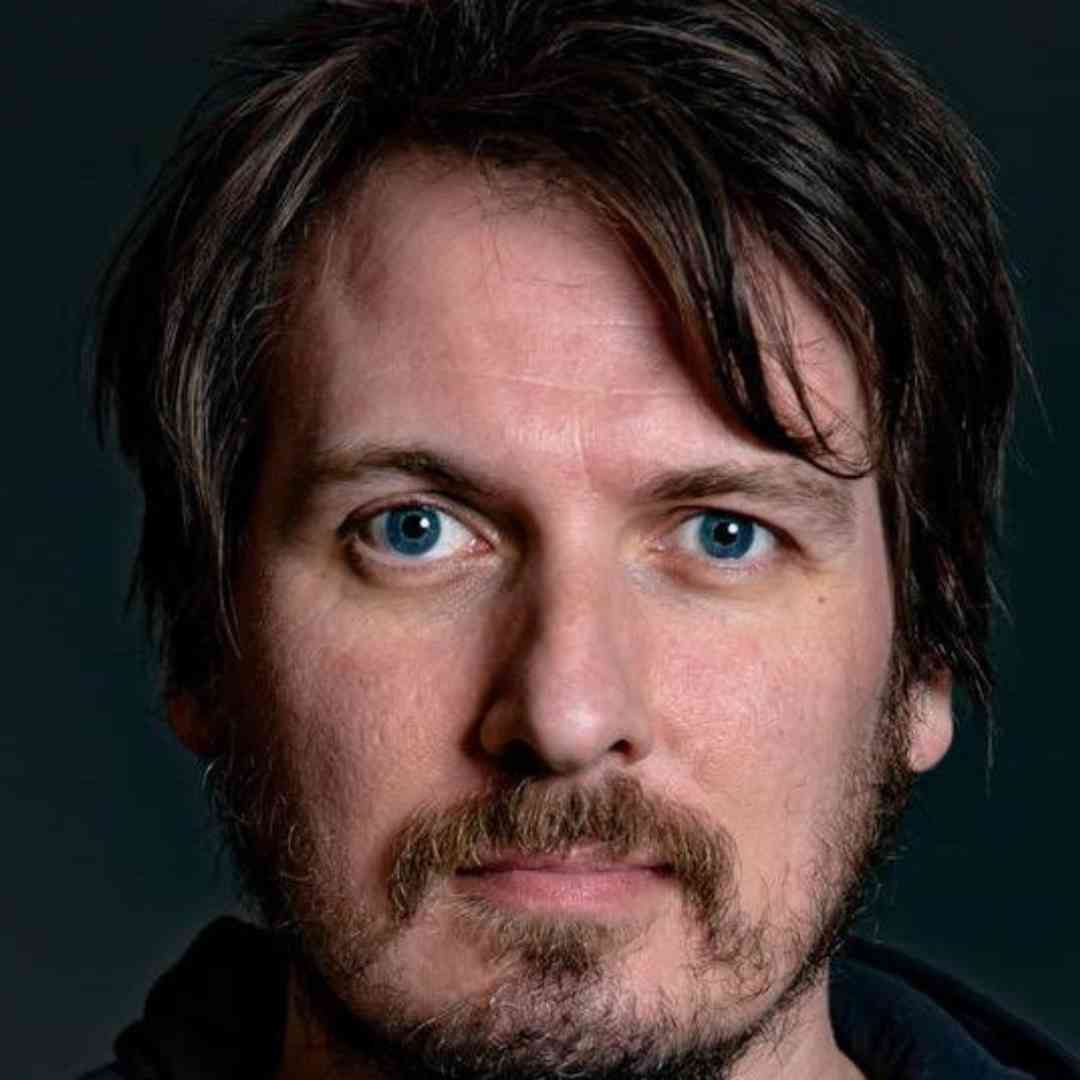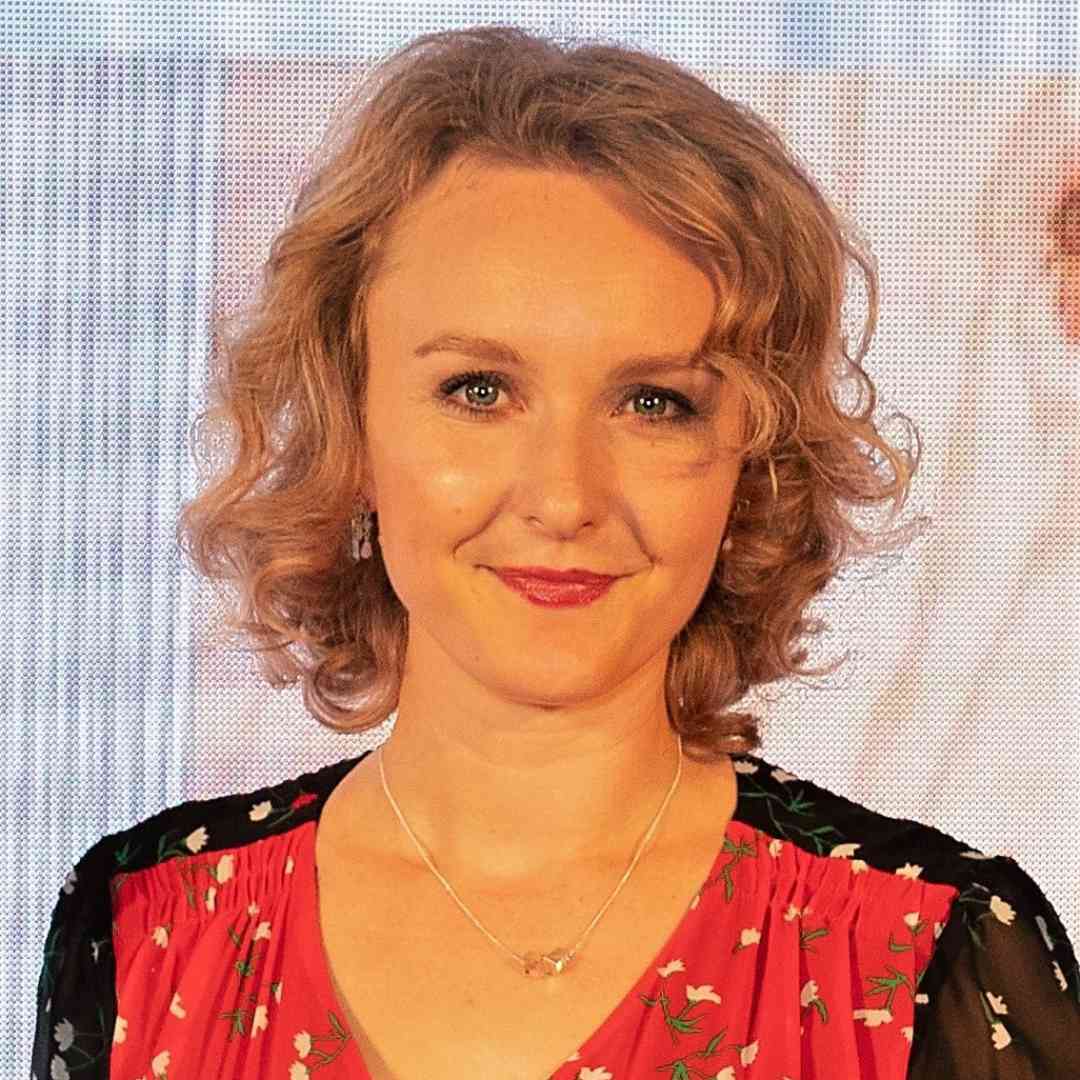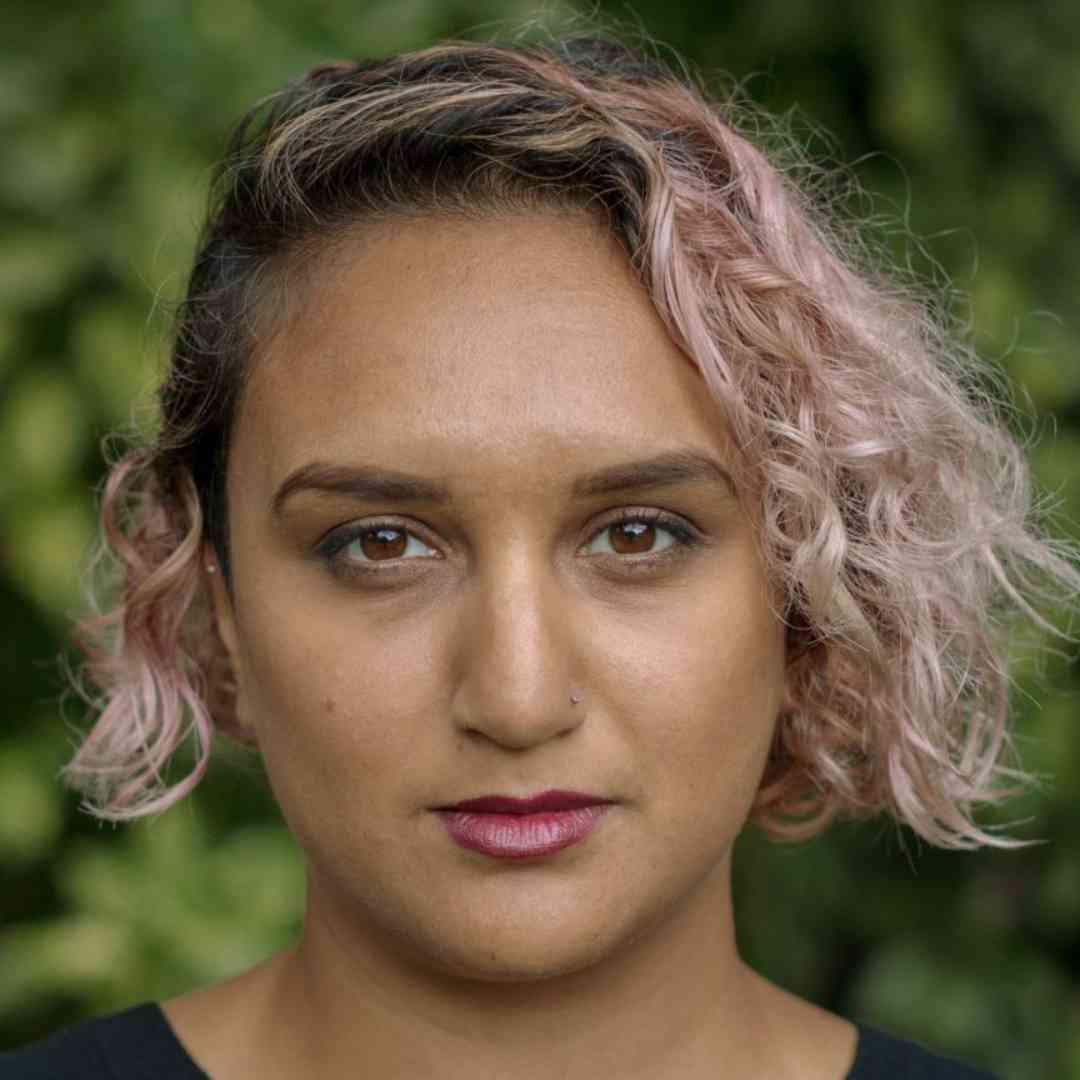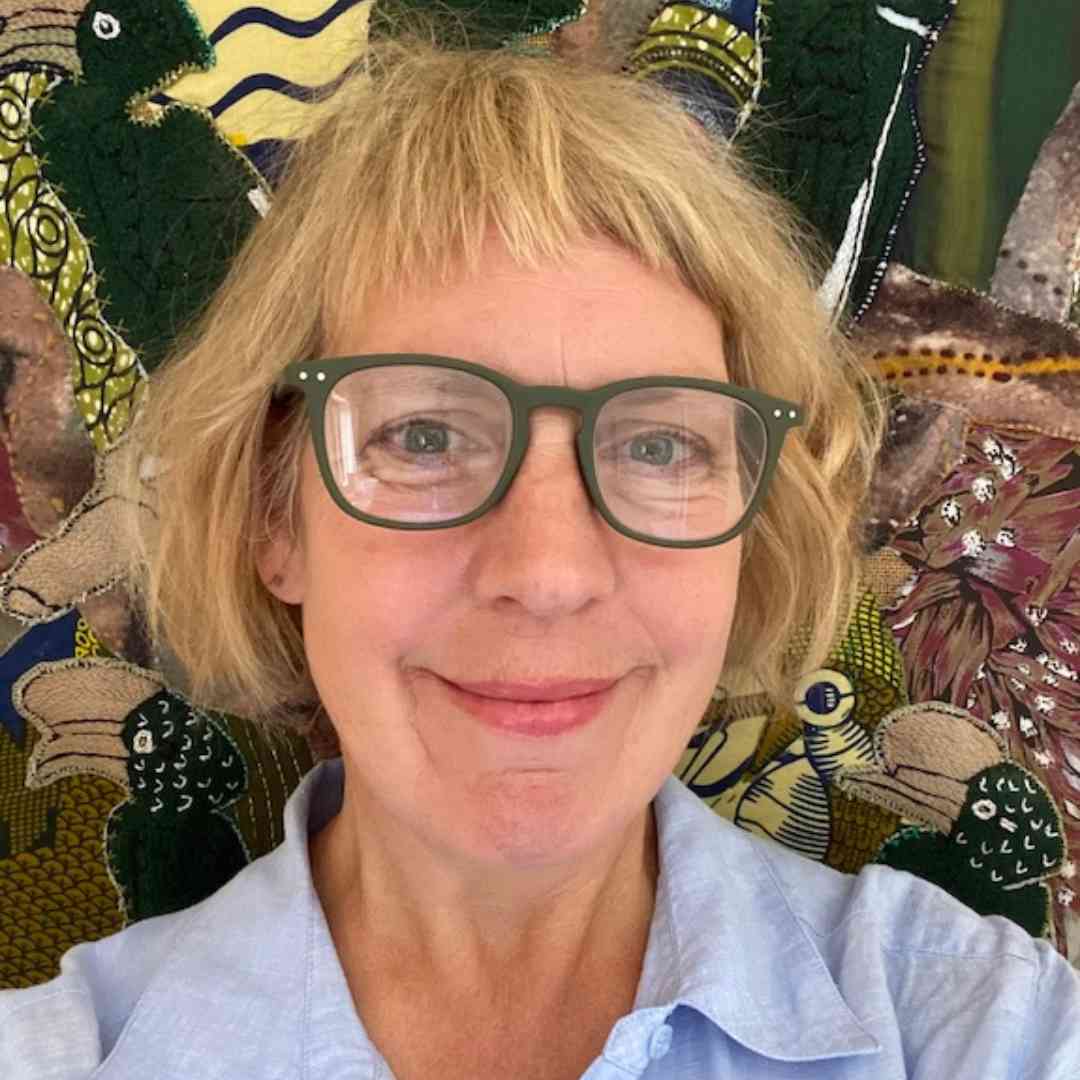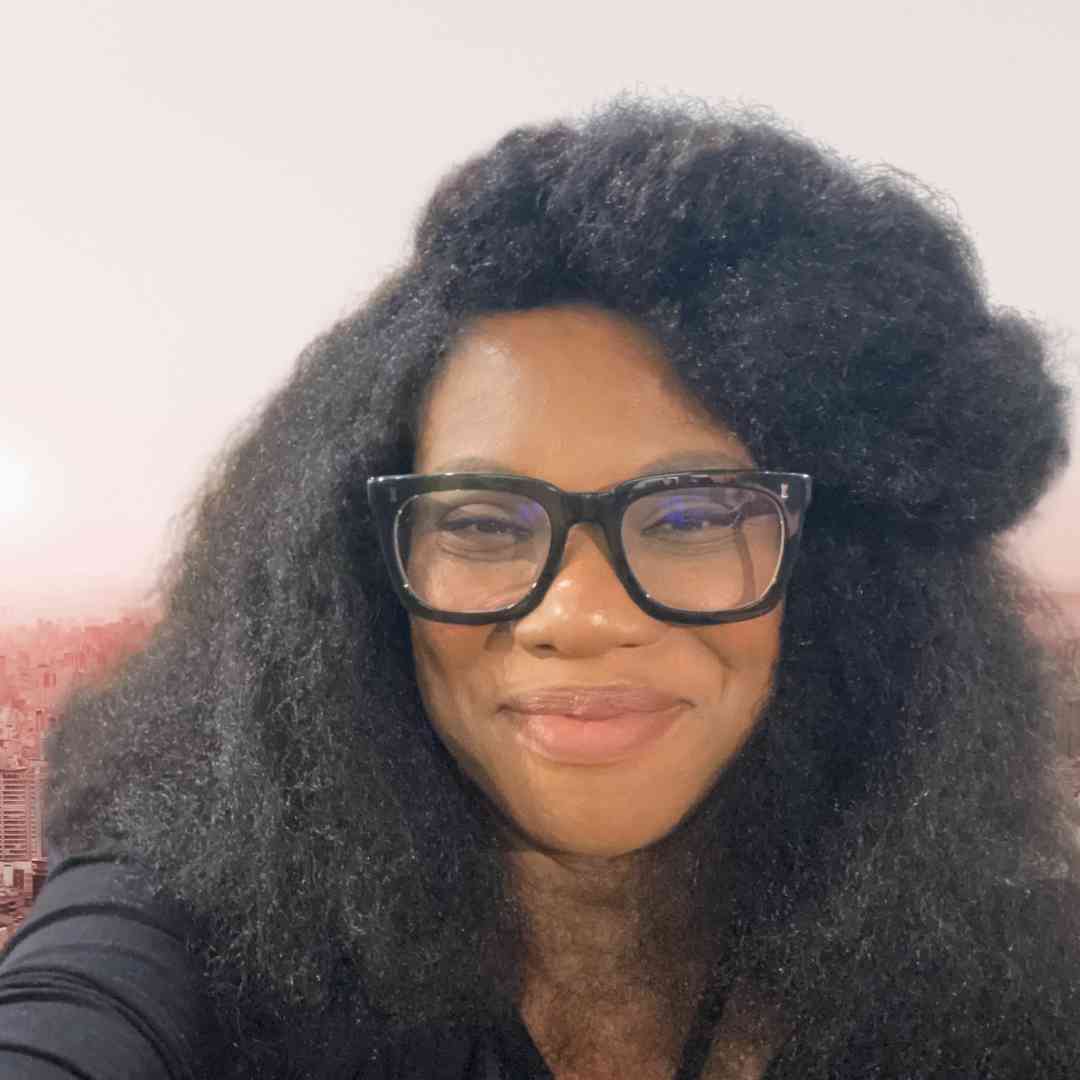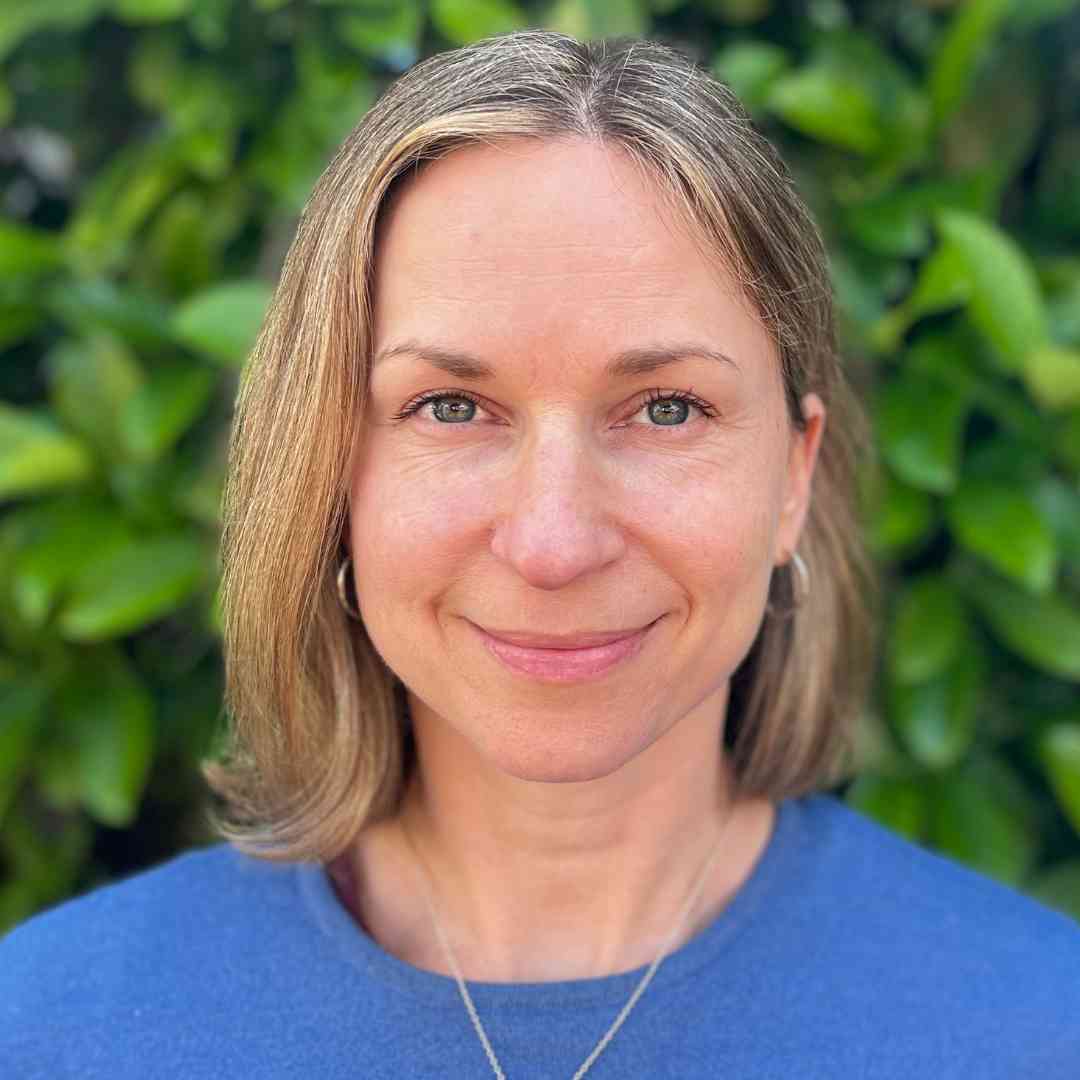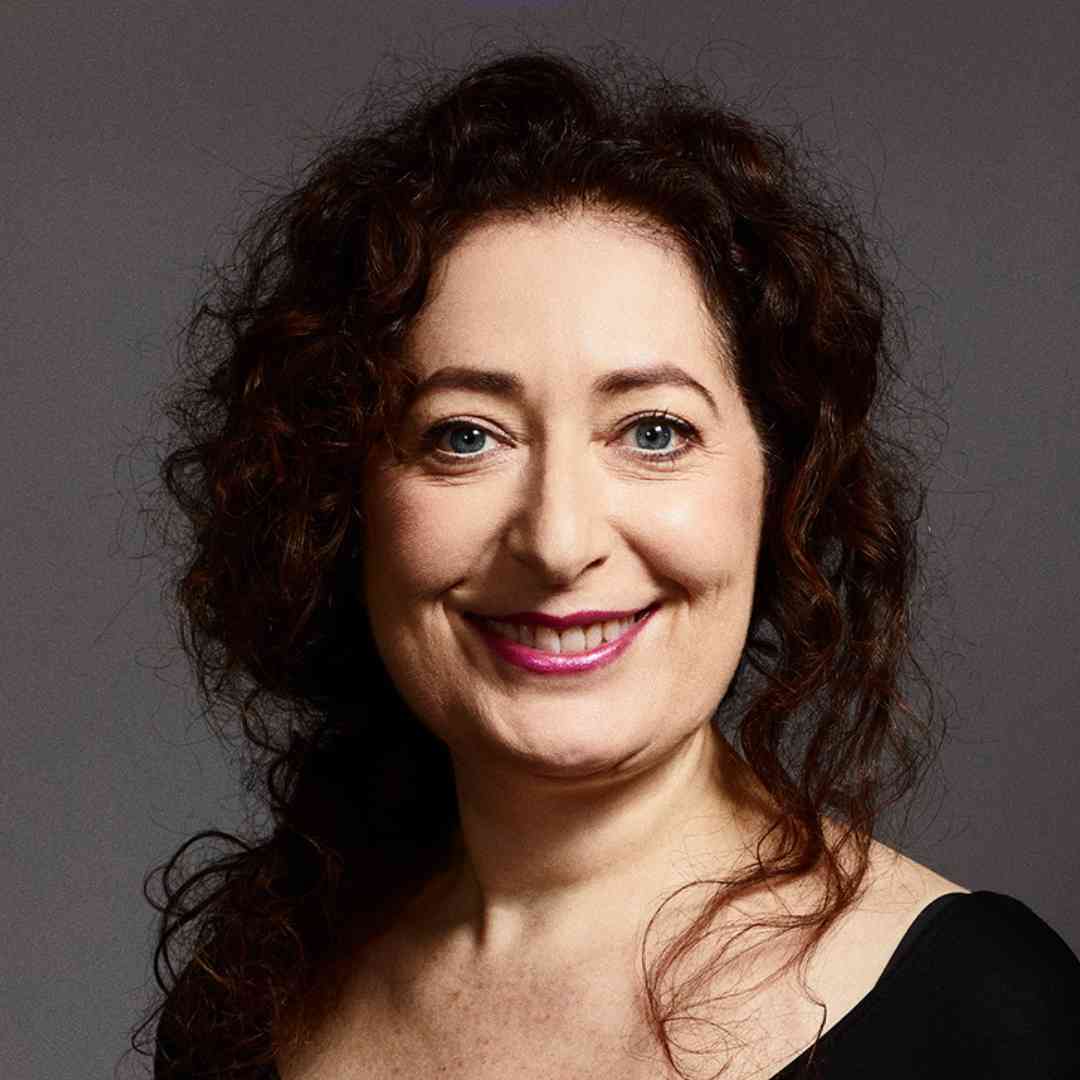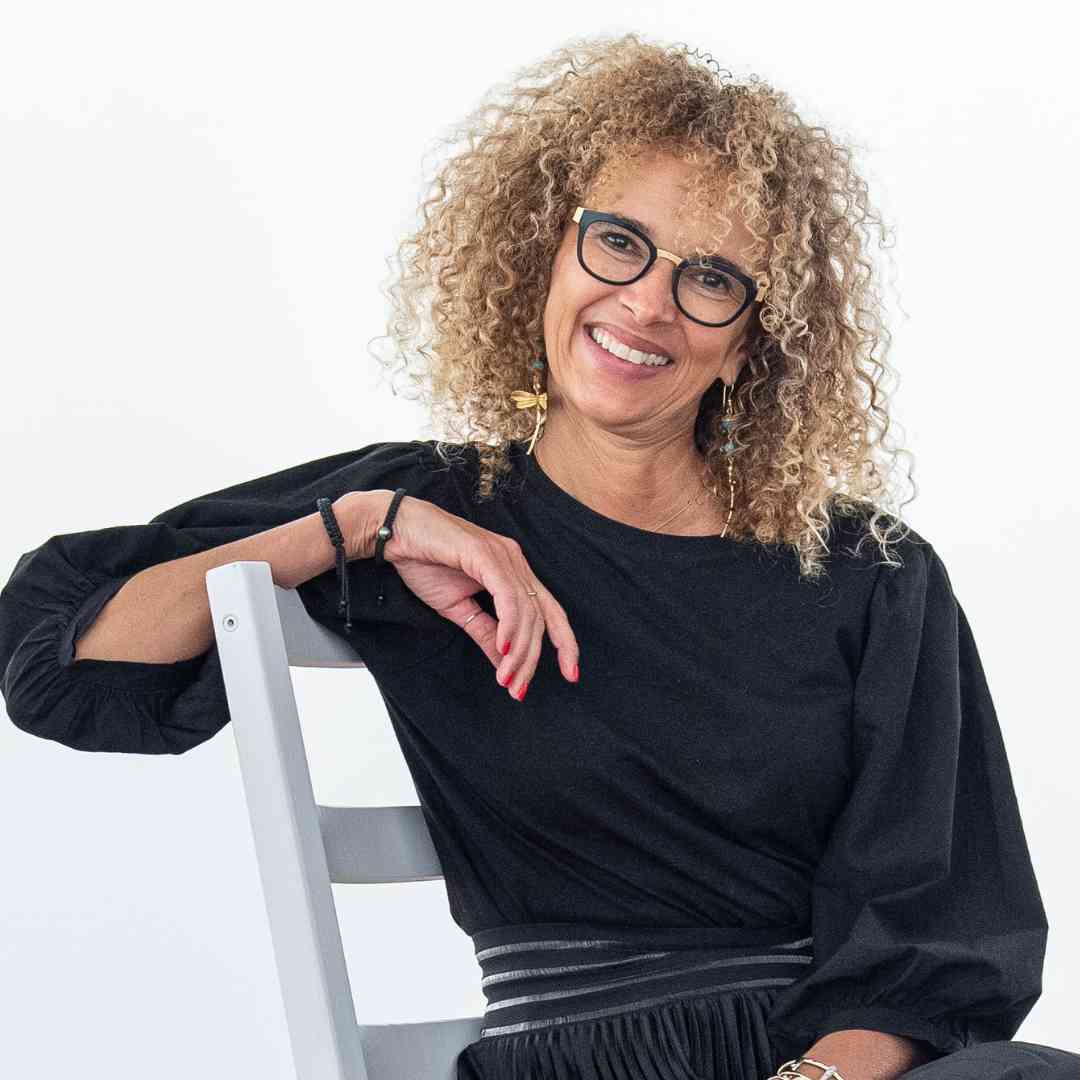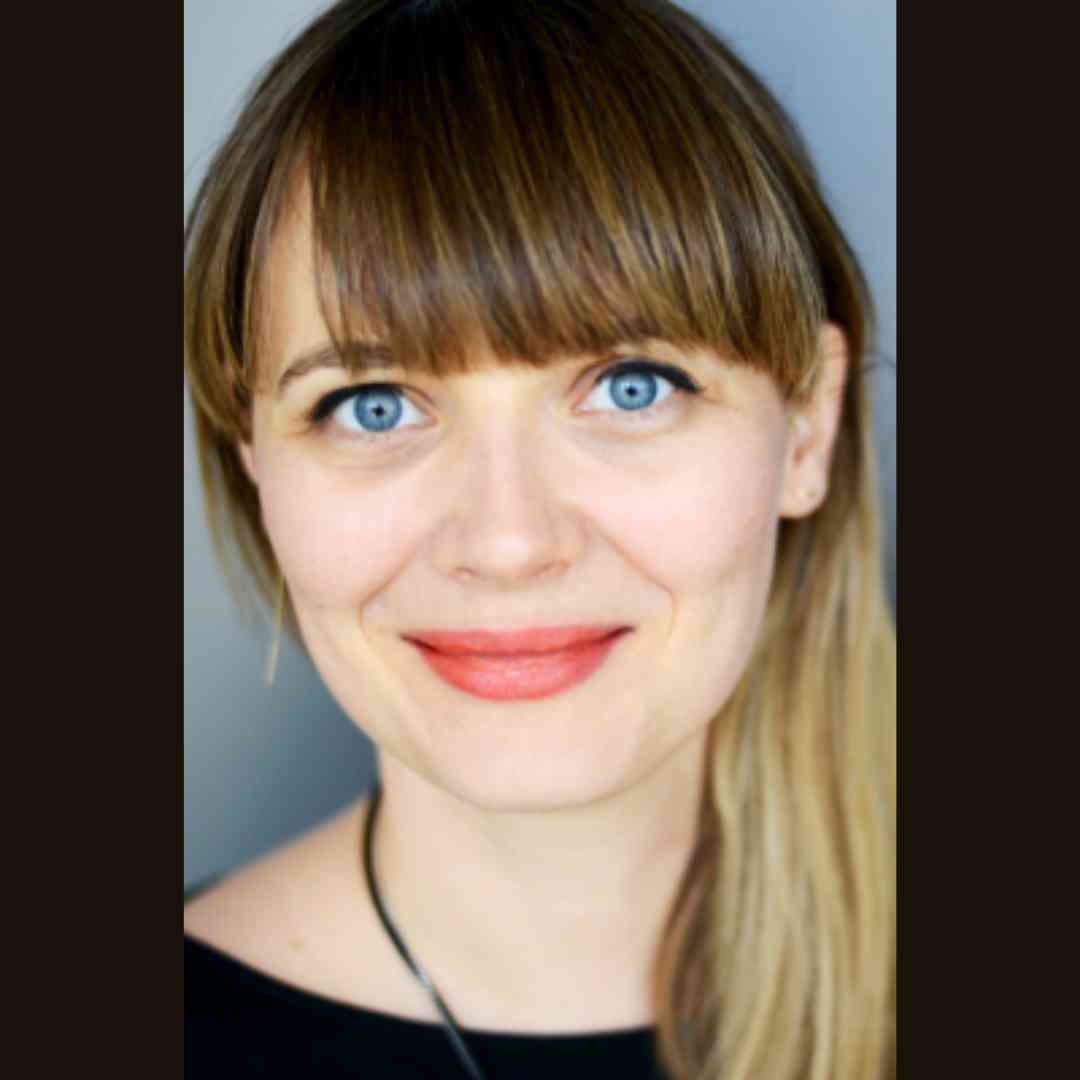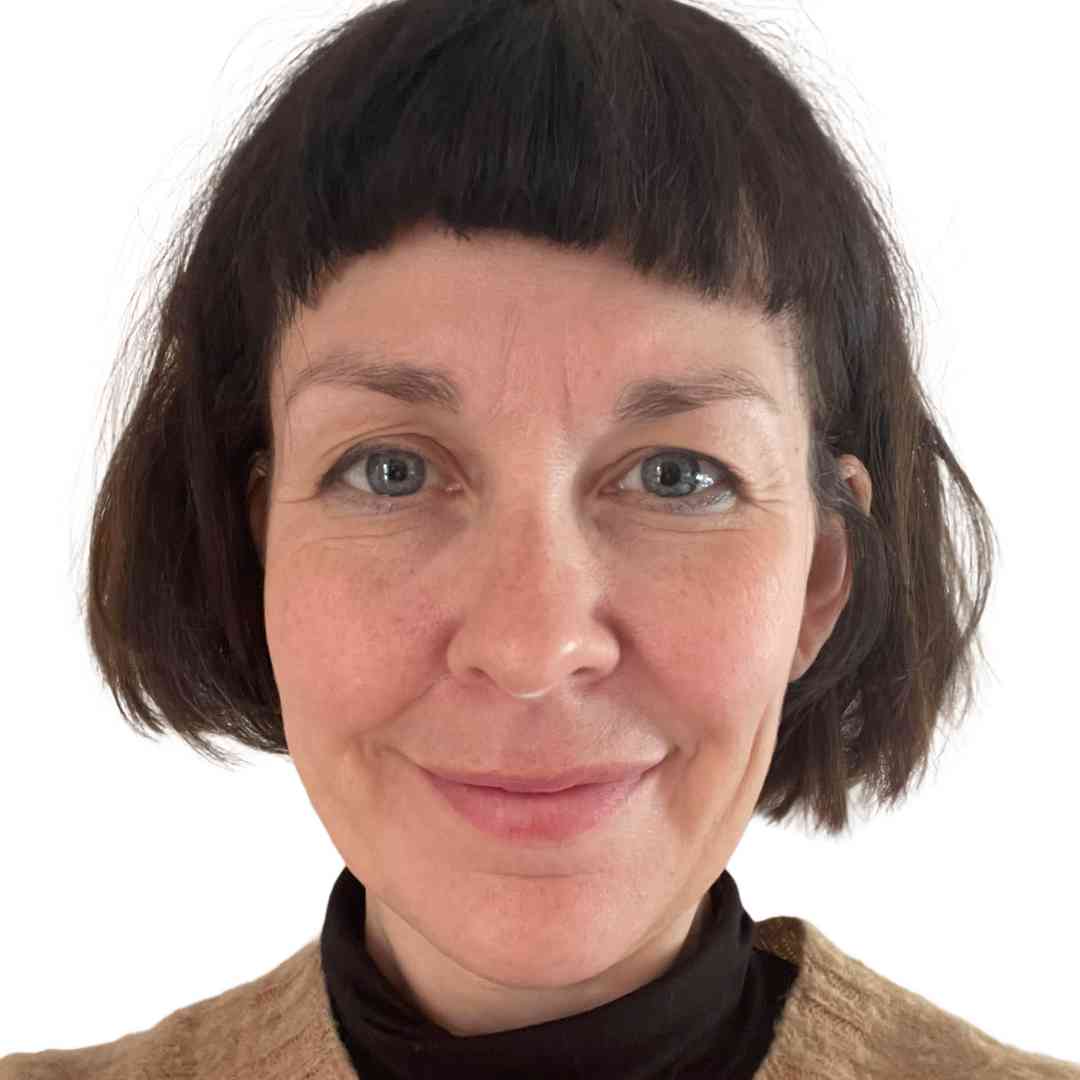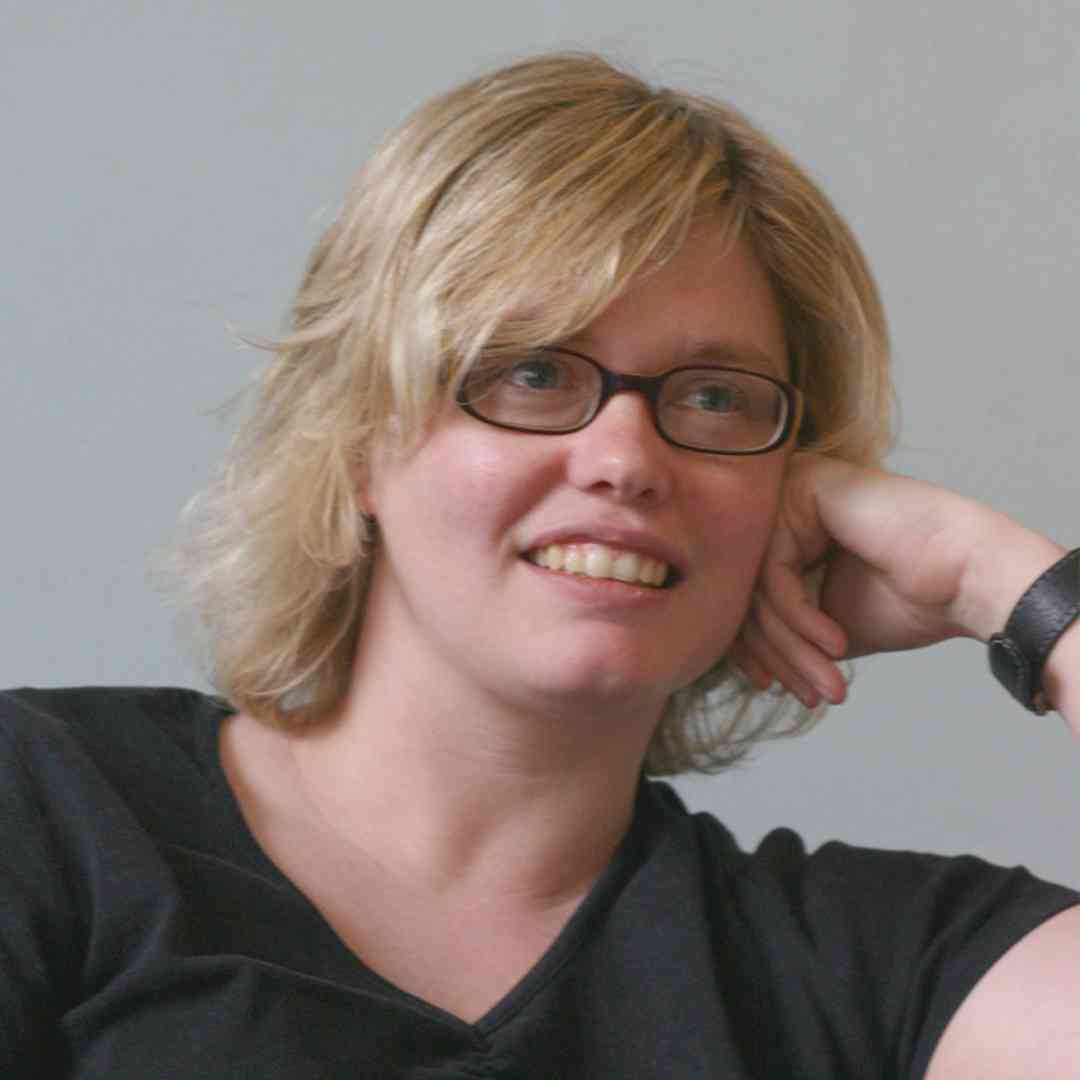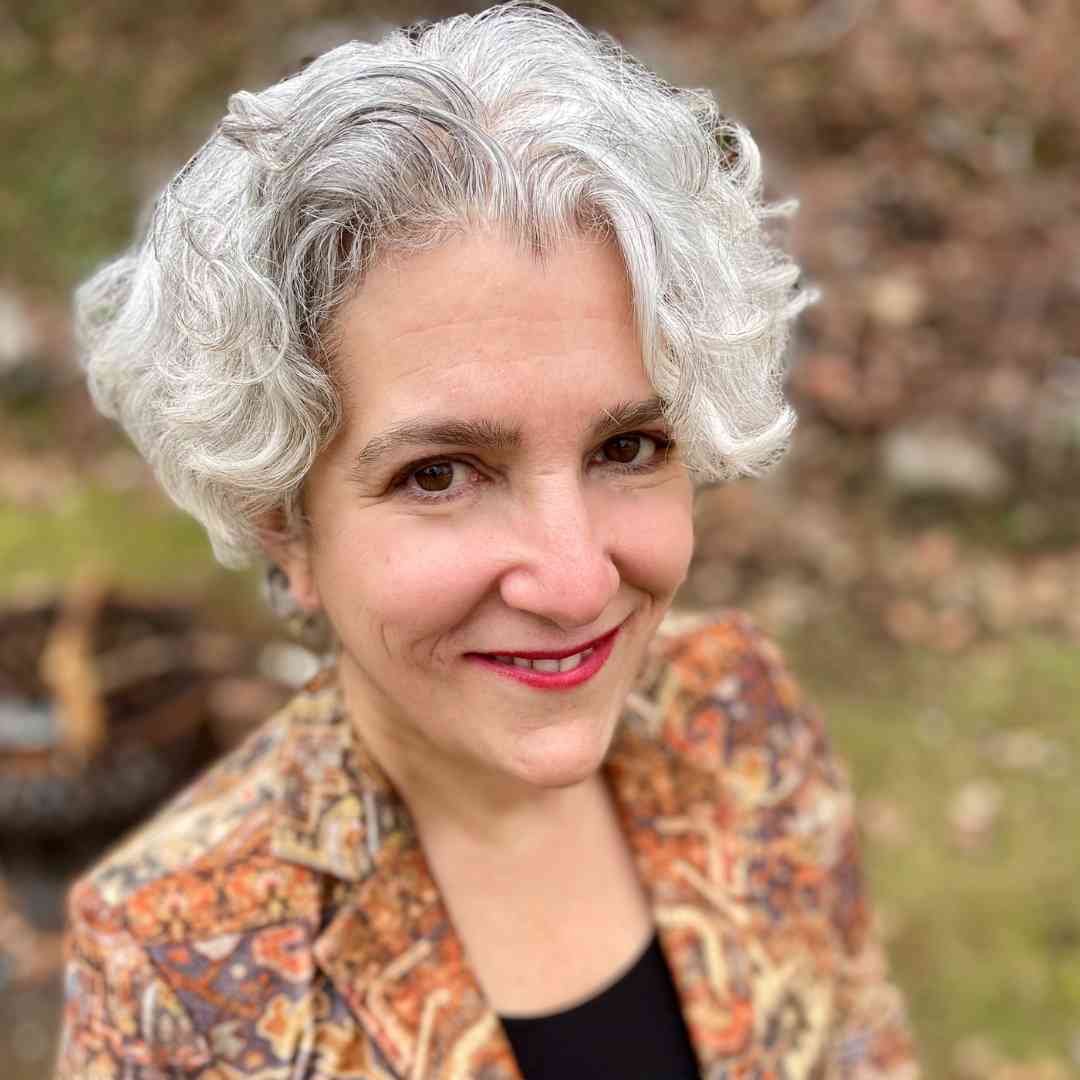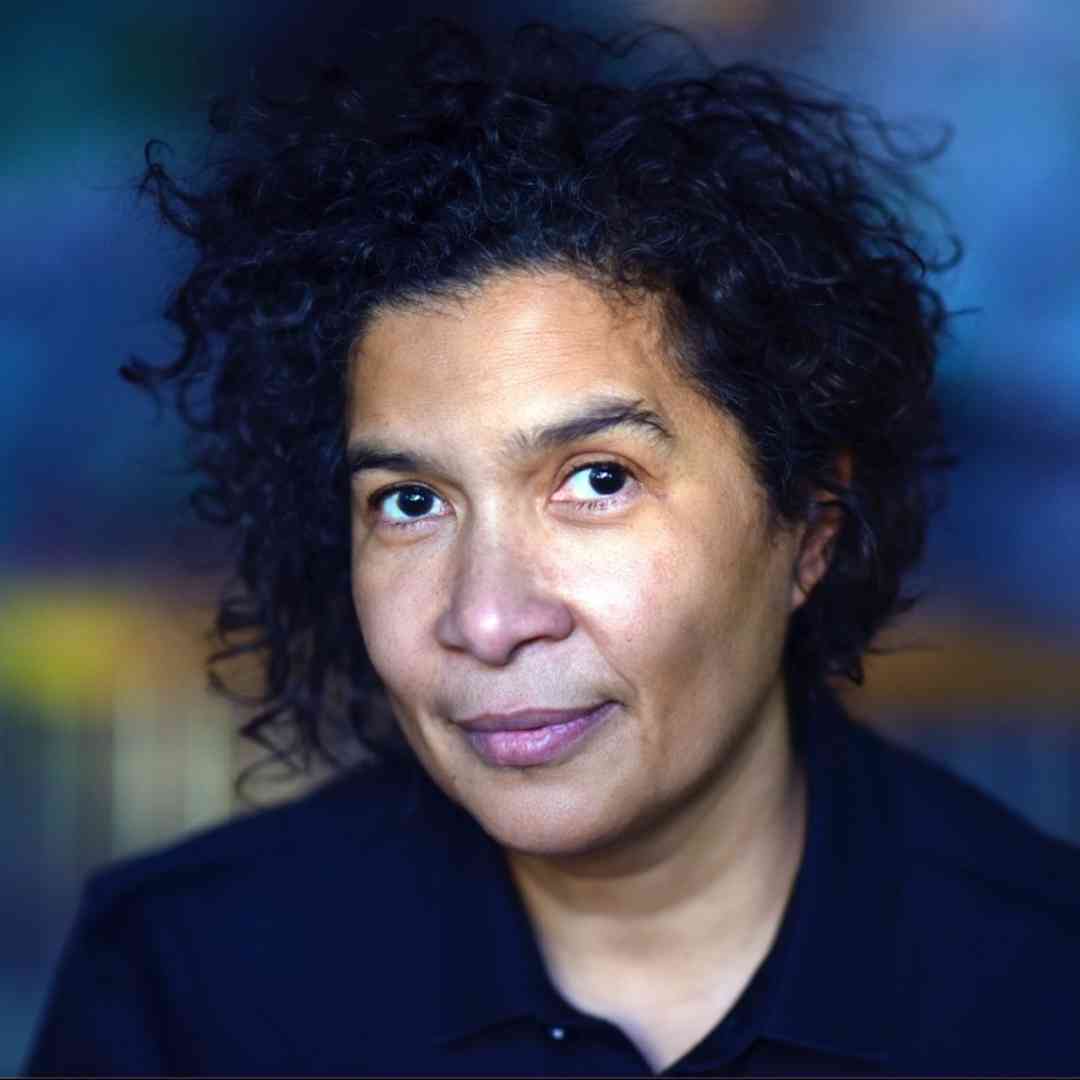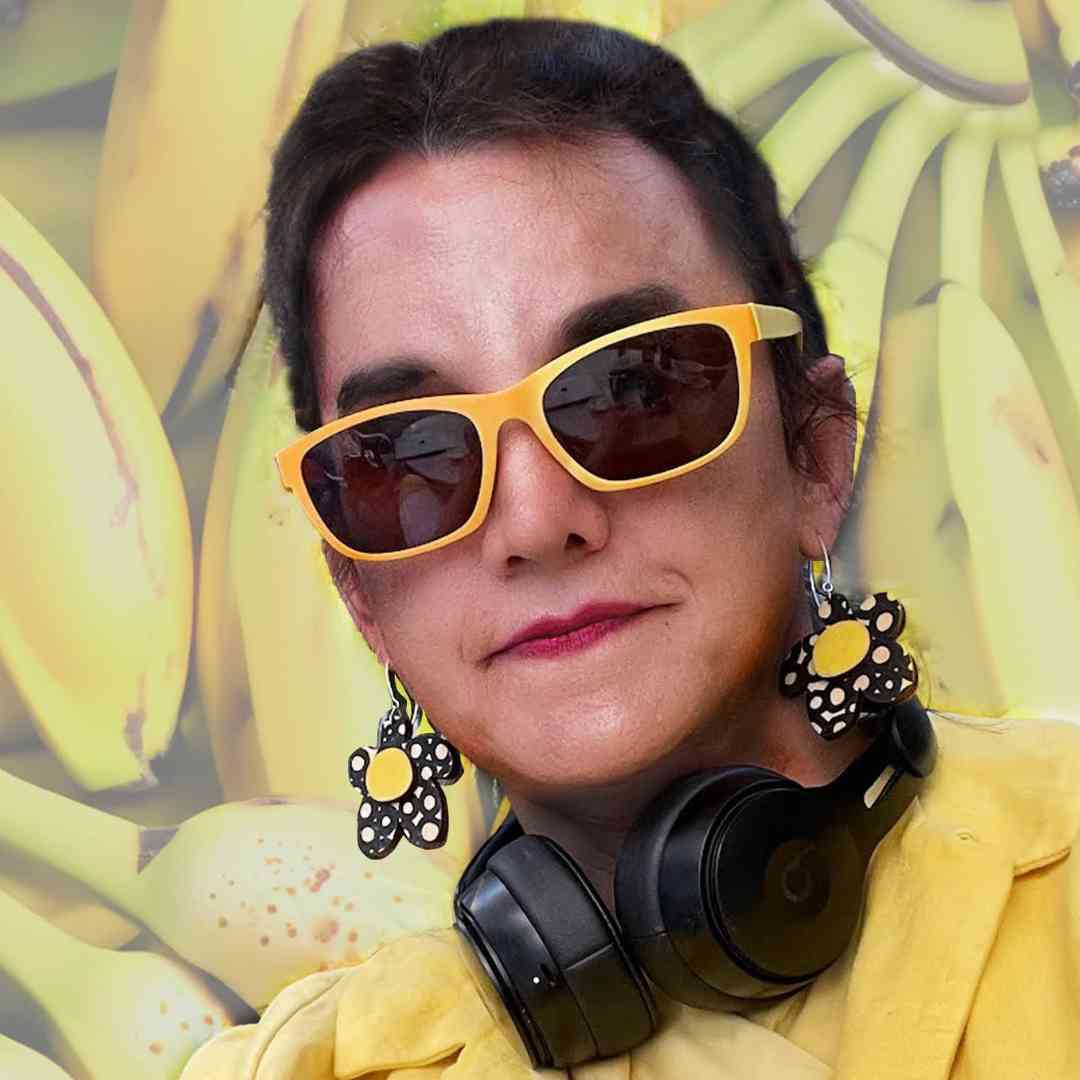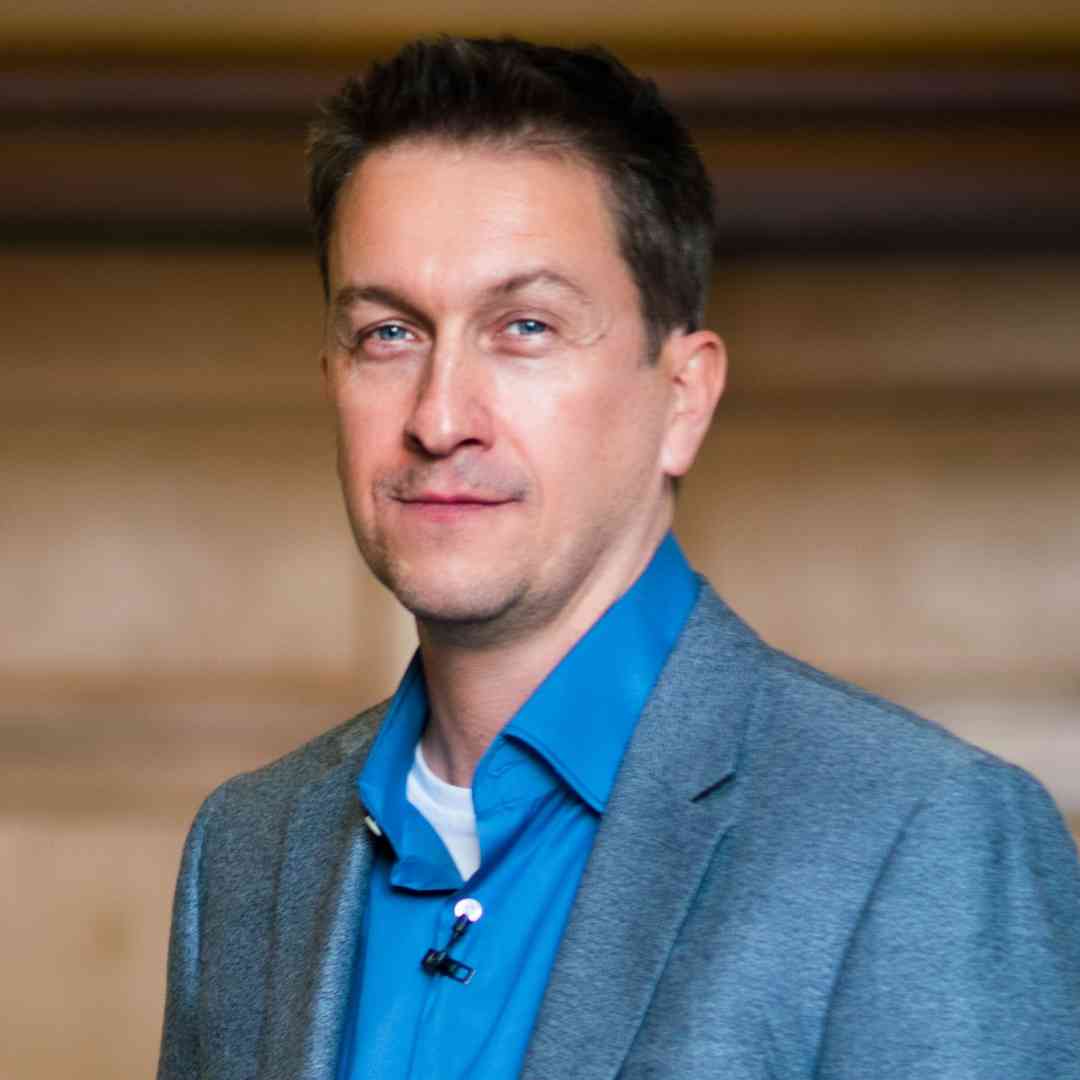About Us
Immersive Arts is an ambitious three-year programme taking place across the UK, using an artist-led approach to working with immersive technologies.
About the project
This exciting programme encourages artists of all backgrounds and experience to explore, experiment or expand how they work, or would like to, with immersive technologies.
But what does that mean?
Immersive arts means different things to different people. We define it as ‘art that uses technology to actively involve the audience’.
Think virtual, extended and augmented realities:
- engaging multiple senses
- bridging the gaps between physical and digital spaces
- connecting people to each other and the environment
- changing the way we think and create
You don’t have to be tech-savvy (though you can be) to apply. All you need is a curious mind and a creative practice. Then, through a mix of funding, training, research and events, Immersive Arts will support you to figure out what/how you want to develop and create.
Essentially
It’s all about breaking down barriers, making what can be an exclusive field of practice much more accessible to all. In this way, we want to amplify as many different voices as we can, to help disrupt established ways of being, doing, thinking and creating.
It’s a highly collaborative process ― we are learning in tandem with you.
Our integrated research will share insights about what works best for the sector. And create opportunities for artists and audiences of all backgrounds to engage.
We want to play in a world that is wonderful and strange.
We will trust artists to take risks, trying out things that they have never done before.
We want an arts sector that is more just.
We will allocate resources to increase equity, keeping social and climate justice in mind as we make decisions.
We want artists to thrive.
We will support artists to engage critically and creatively with the tools and technologies of our time.
We want more people to experience great art.
We will encourage artists to think carefully about their audiences, considering access and inclusion and using technology with purpose.
We want to be part of a flourishing cultural environment.
We will think beyond the edges of this project, sharing our knowledge and learning from others.
We won’t always get things right and will not be defensive when we make mistakes – we want people to tell us when we get things wrong so that we can improve.
Meet our Producing Team

Our producing team are also action researchers, working closely with the community of artists in each of the four nations to better understand, support, and advocate for change in the sector. Working alongside the research team, led by our Director & Principal Investigator, Verity McIntosh.
Meet our Research Team

Our management team are from our consortium of partners. Meeting frequently to make strategic decisions around the overall project, feed into operations and support the producing and research teams in their work with artists.
Meet our Management Team

Our advisory board have a wealth of experience, insight and support within immersive arts that we can draw on across their UK and international networks. Providing support to navigate challenges through expert guidance.
Meet our Advisory Board

Our Partners
Immersive Arts is led by a consortium of partners working within the UK’s immersive arts and research communities.
Our Funders
Funding for Immersive Arts is provided through a collaboration between the UKRI Arts and Humanities Research Council (AHRC), Arts Council England (ACE), the Arts Council of Wales (ACW), Creative Scotland and the Arts Council of Northern Ireland (ACNI). Funding from Creative Scotland, ACW and ACNI is provided by The National Lottery.
